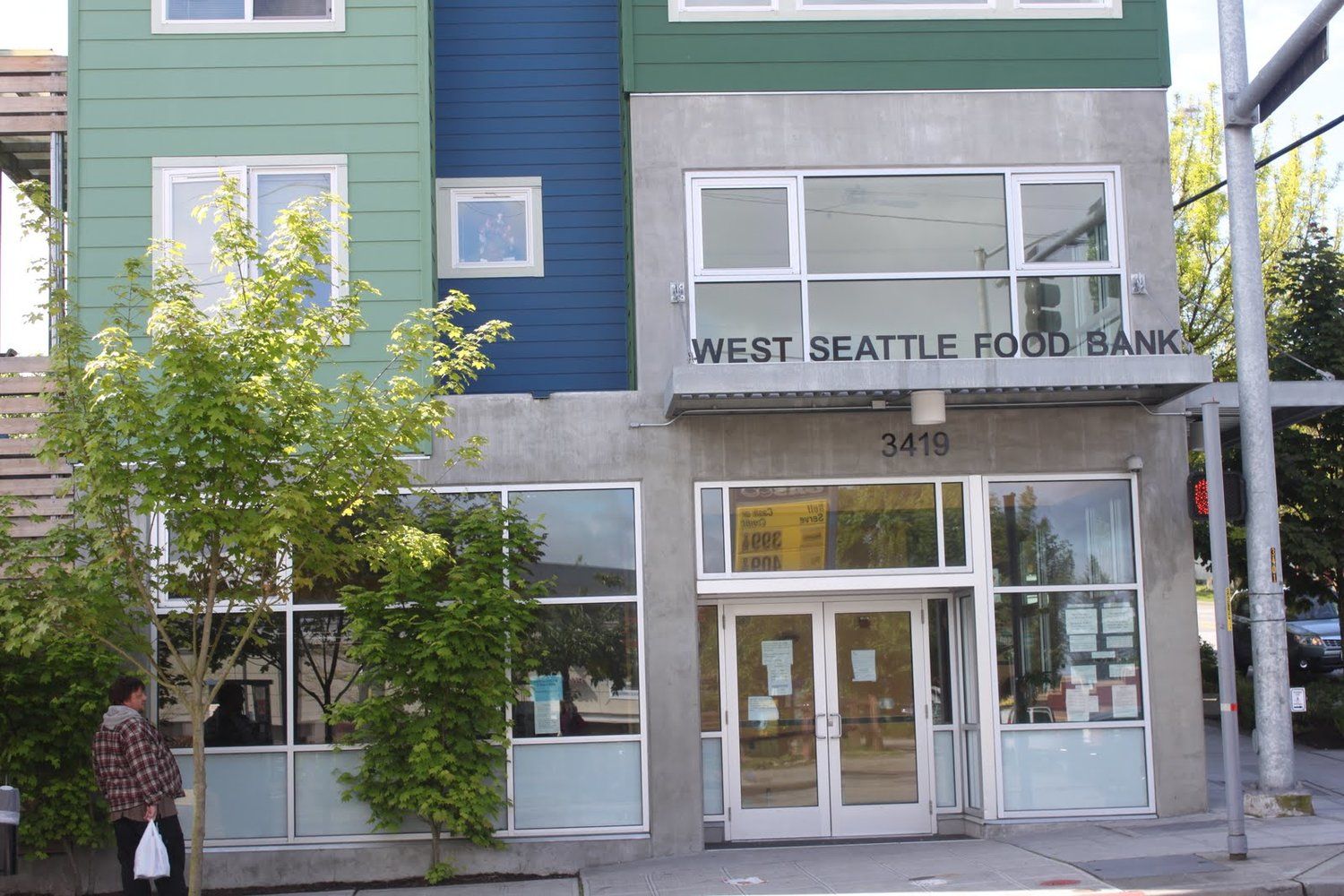Non-perishable food
Serving the most vulnerable and ensuring no one is hungry is the top priority for our food banks and community food pantries. Economic strains can have a huge impact on our neighbors, friends, and family, and these organizations work hard to serve those who need it the most.
Due to the effects of the economy and supply chain issues, food banks and community pantries have adapted their operations to offer a variety of service methods (including emergency boxes for delivery and drive-up pickups of groceries) to reach the most vulnerable people as quickly and safely as possible.
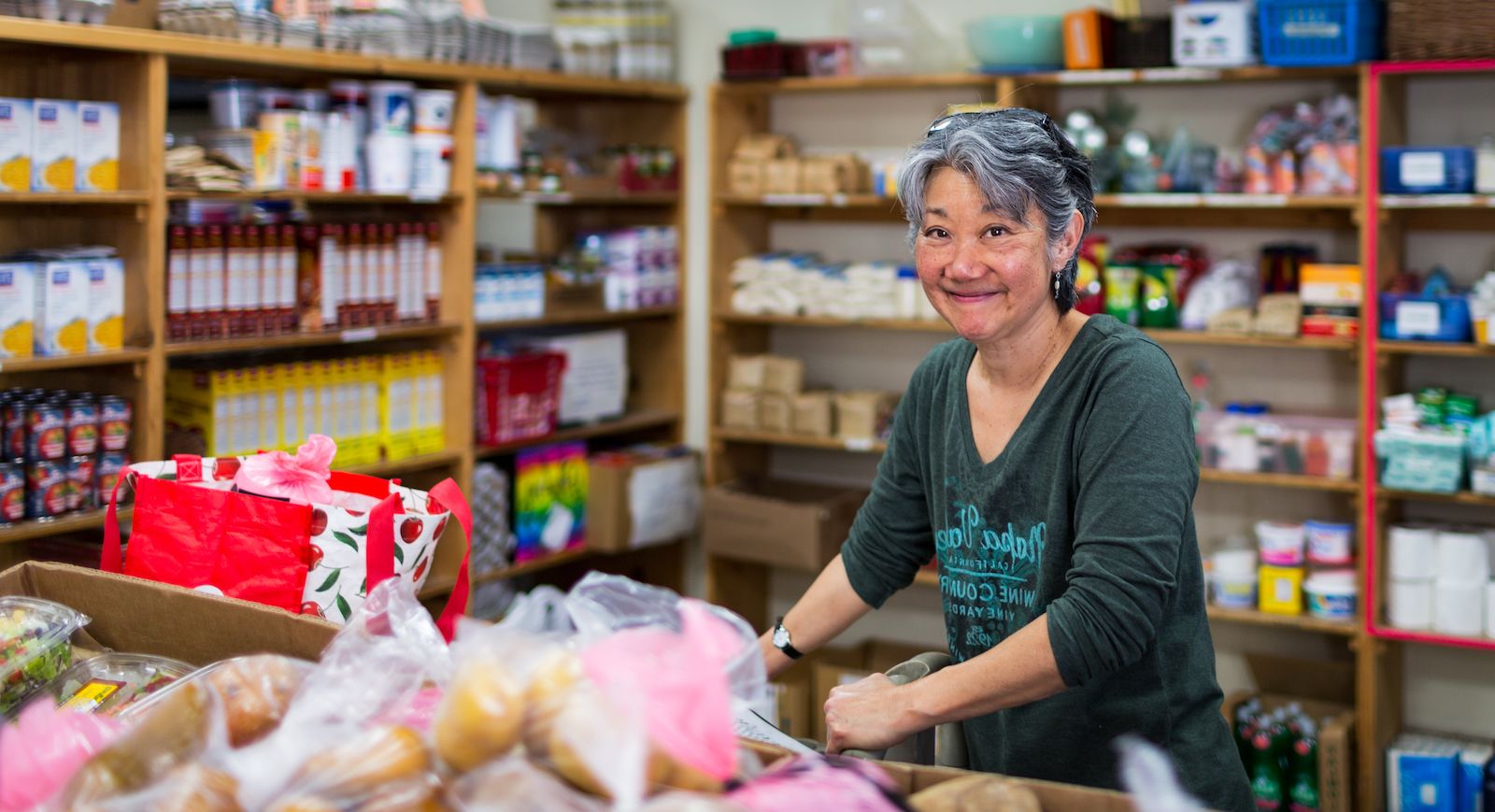
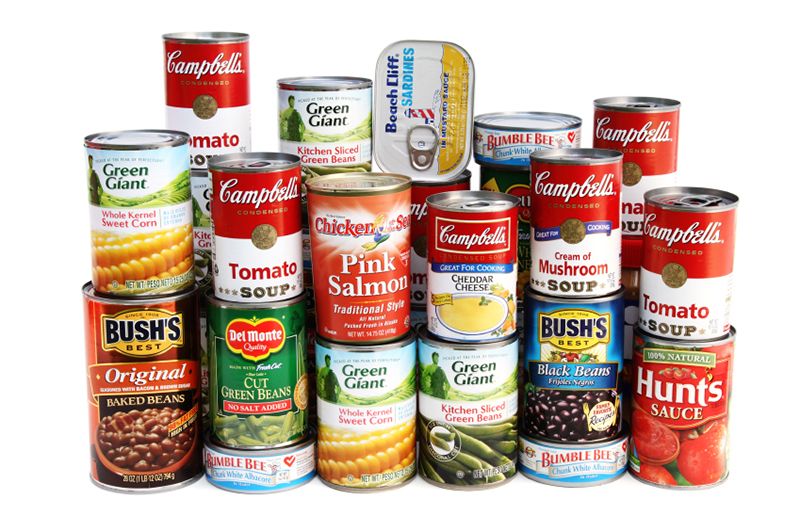
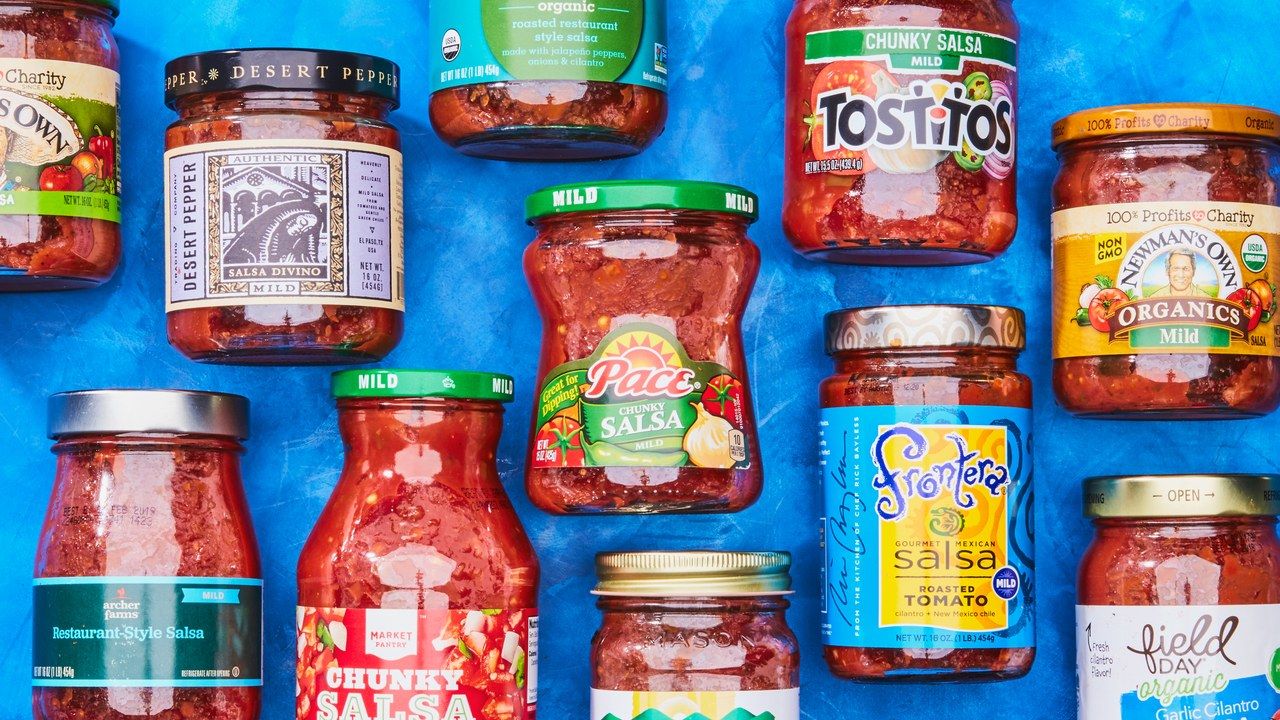
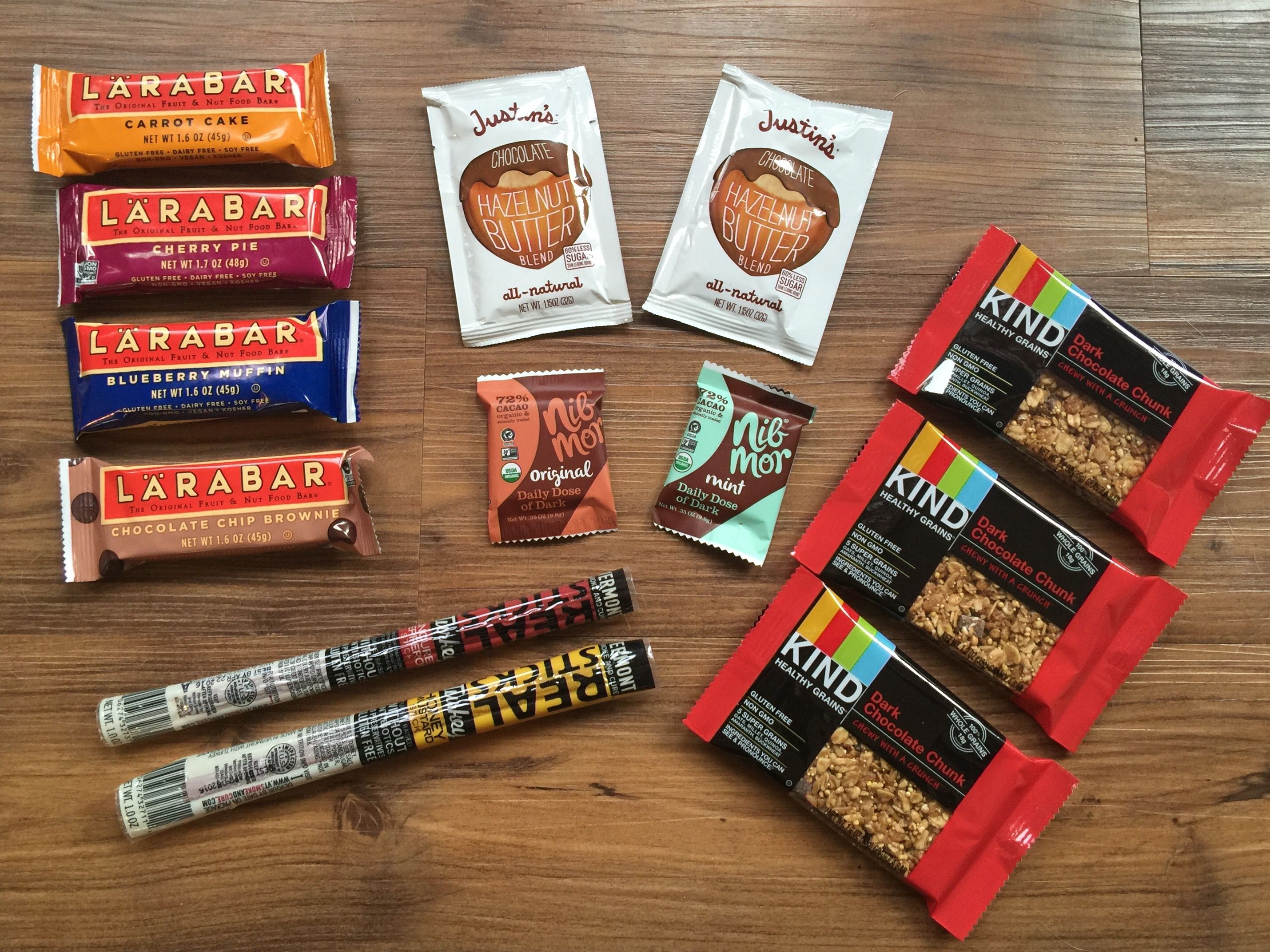
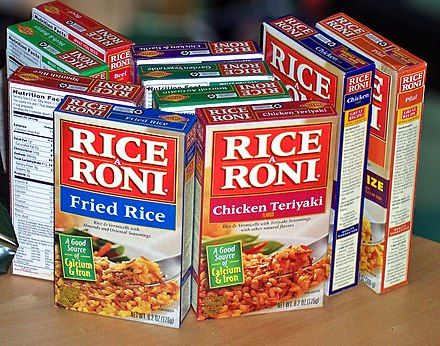
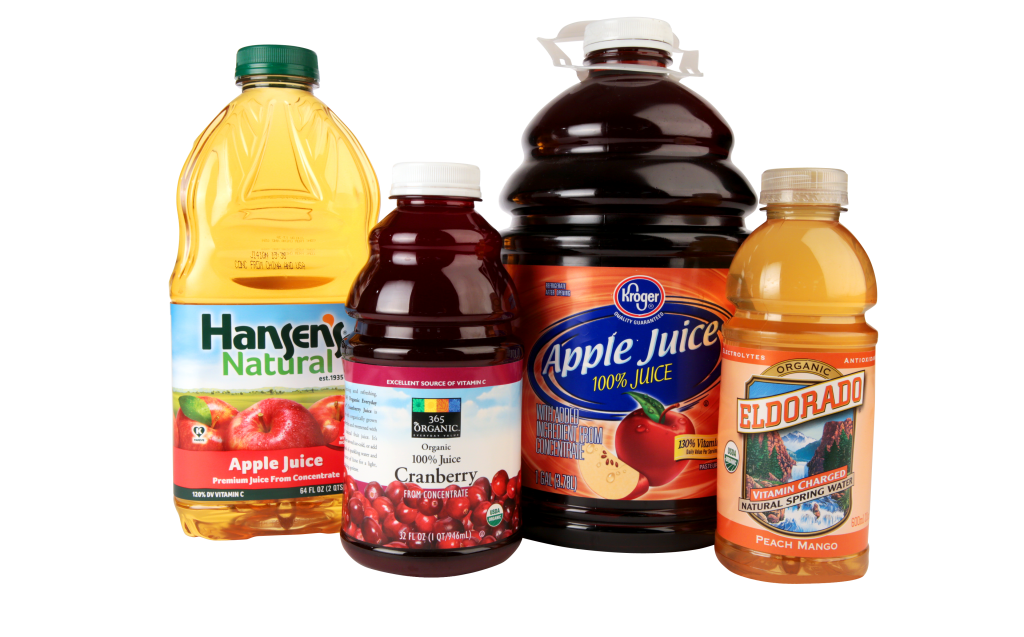
How we keep your Non-perishable food out of landfills.
We partner directly with innovators who transform hard-to-recycle materials into new products—so you can see exactly where your items go and what they become.
The River Food Pantry
The River is South Central Wisconsin’s busiest food pantry. Services include free groceries and freshly prepared meals for pickup or delivery, online grocery orders, and mobile meals. The River also redistributes rescued food and resources to local partners to increase access while minimizing waste. Since 2006, The River has grown to serve over 2,000 people every week in pursuit of its vision: a fully nourished community.
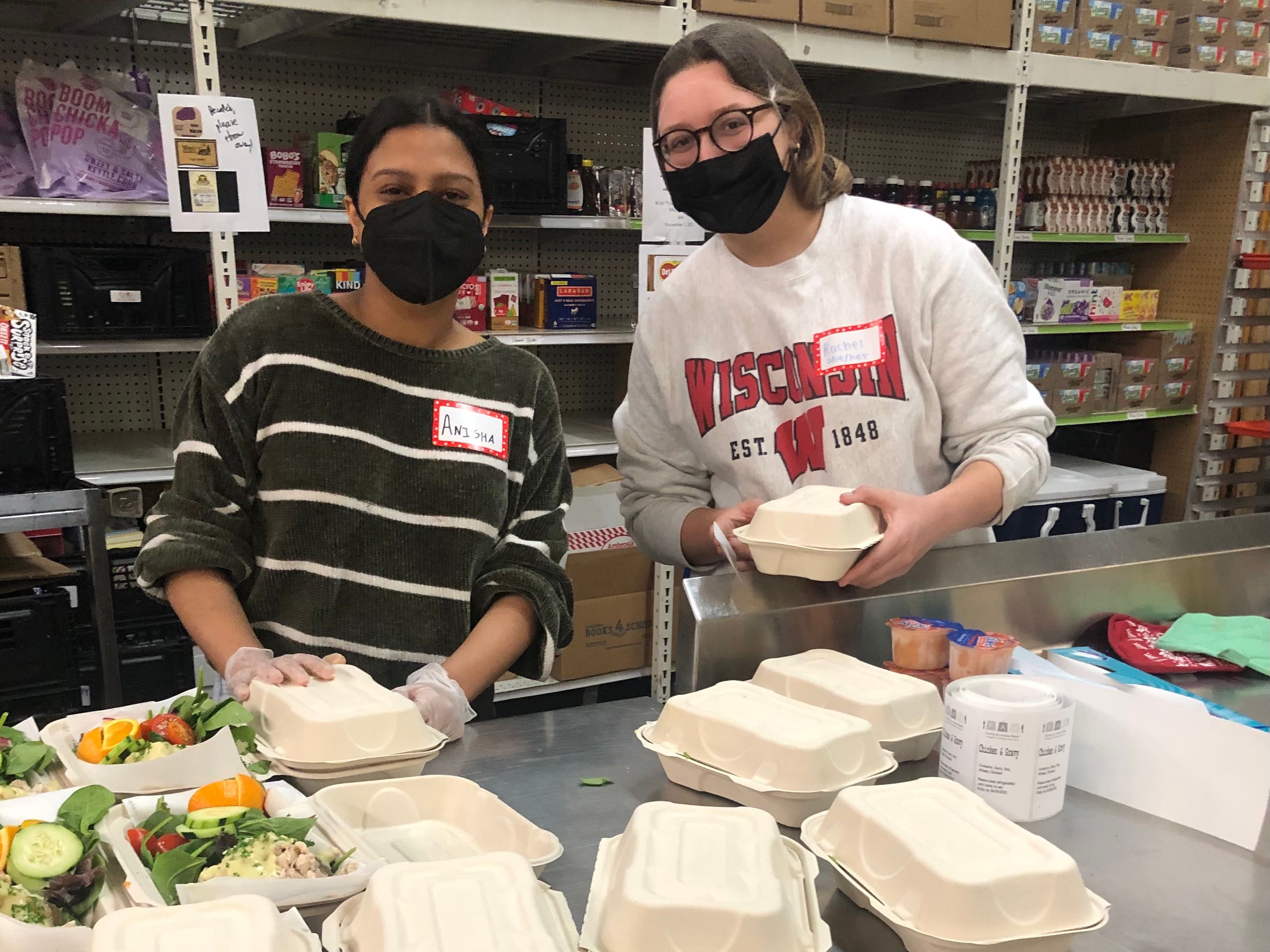
Auburn Food Bank
The Auburn Food Bank is a volunteer-directed organization that provides food, referrals, and emergency assistance to those in need. These services, which are provided year-round by a coordinated and systematic approach to the collection and distribution of resources in a responsible and caring way, will be extended to those living within the Auburn School District #408 boundaries which includes the cities of Algona, Pacific, and the newly annexed areas of Lake Tapps and Kent.
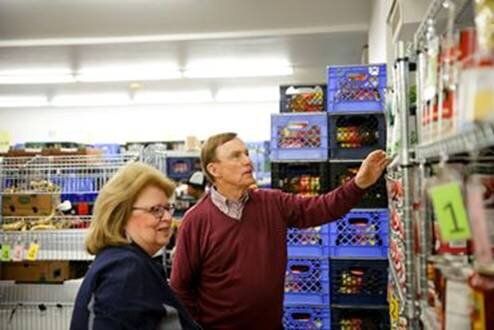
Hope Food Pantry Austin
Hope Food Pantry’s mission is to alleviate hunger in our community. Since 2000, Hope volunteers have been offering free groceries to Austin families experiencing food insecurity, cultivating an environment that emphasizes opportunities for connection and mutuality–because these are basic needs, too. Hope Food Pantry shoppers are diverse in age and circumstance: older adults, single parents, differently-abled people, families experiencing homelessness and adults who are under or unemployed.
Hope Volunteers distribute groceries weekly and collaborate with other services to increase the organization’s outreach. The goal is to not only provide a resource to Austin families, but also help build relationships within the community.
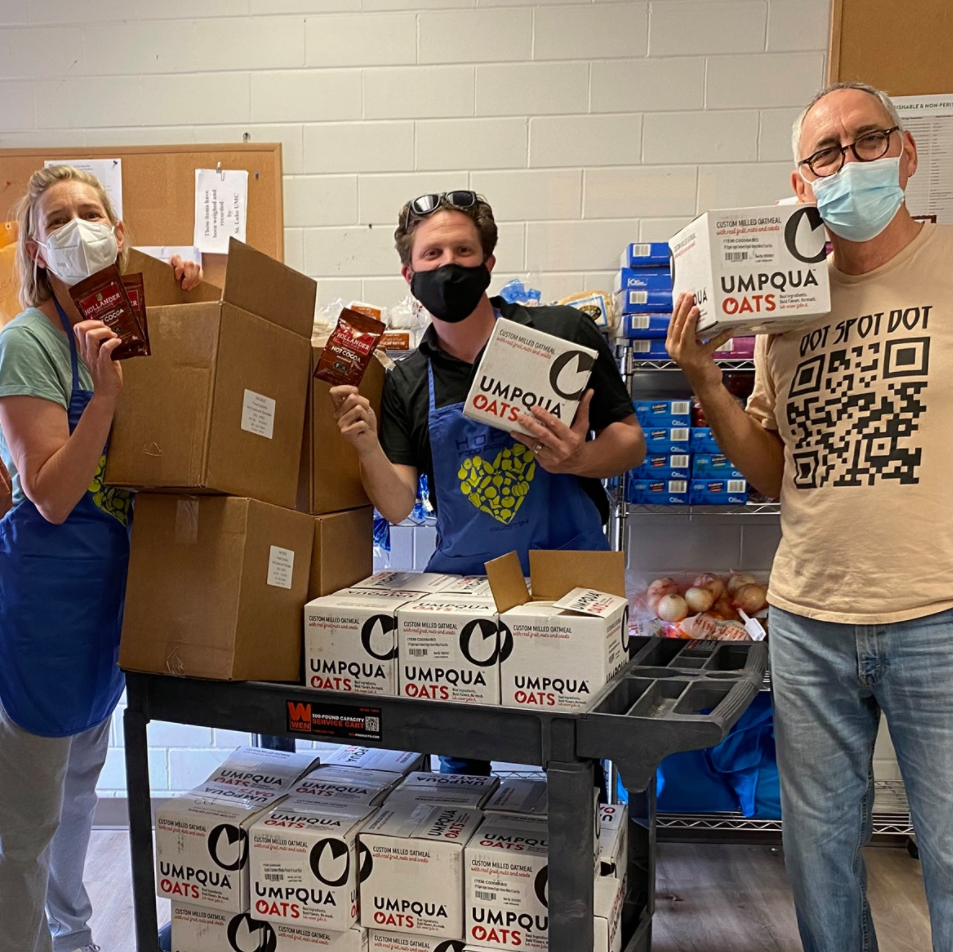
We Don’t Waste
We Don’t Waste works to reduce hunger and food waste in the Denver area by recovering quality, unused food from the food industry and delivering it to nonprofit partners, such as food pantries, soup kitchens, shelters, schools and daycare programs, and more. They also distribute food directly to individuals at their Mobile Food Markets, which serve communities with limited access to affordable and healthy food.
With an estimated 40% of food in the United States ending up in the landfill, We Don't Waste was founded based on a simple concept – good food should feed people, not landfills. It's a simple concept, with a big impact! Since 2009, they've recovered and distributed over 25 million servings of food to communities experiencing food insecurity – and they never charge food donors or recipients for their services.
Above all, We Don't Waste takes pride in saving food, protecting the planet, and feeding people.
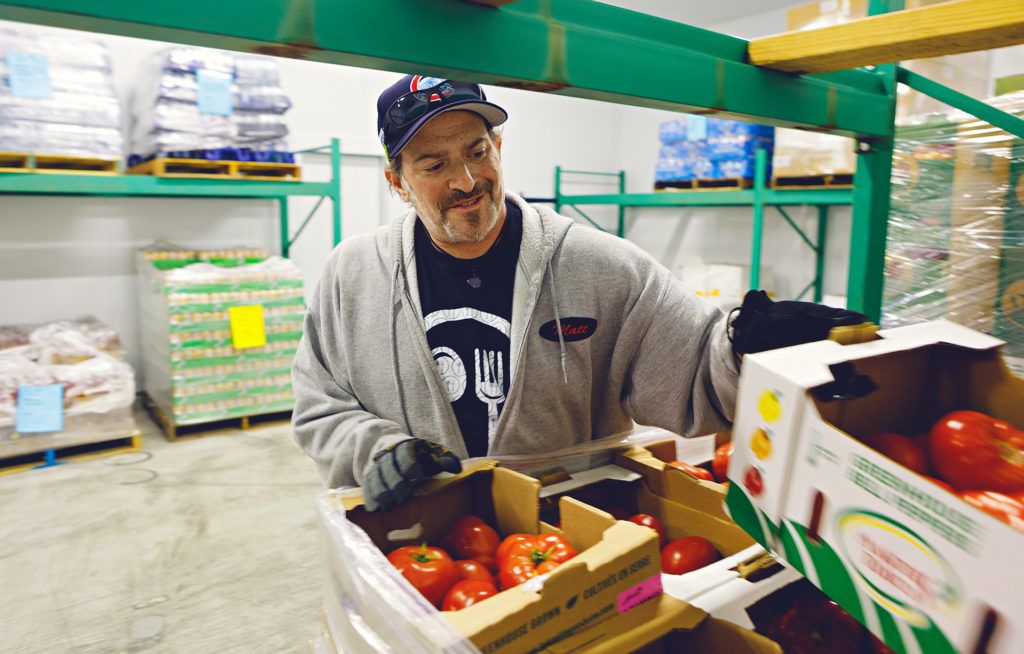
Emergency Feeding Program
The mission of Emergency Feeding Program of Seattle & King County (EFP) is to provide an emergency response to the nutritional needs of people in crisis hunger situations throughout Seattle and King County. They are dedicated to alleviating hunger while providing individuals with resources counseling to help move them towards independence.
The EFP was founded in 1977 under the banner of the Black United Clergy for Action and the Church Council of Greater Seattle. The EPF was established specifically to address the following two problems people in need of food assistance were experiencing: (1) the quality of food available tended to depend on the affluence of the neighborhood in which the food bank was located; and (2) it was often difficult, if not impossible, for an individual or family to find everything they needed to make nutritionally balanced meals in a single trip to the food bank.
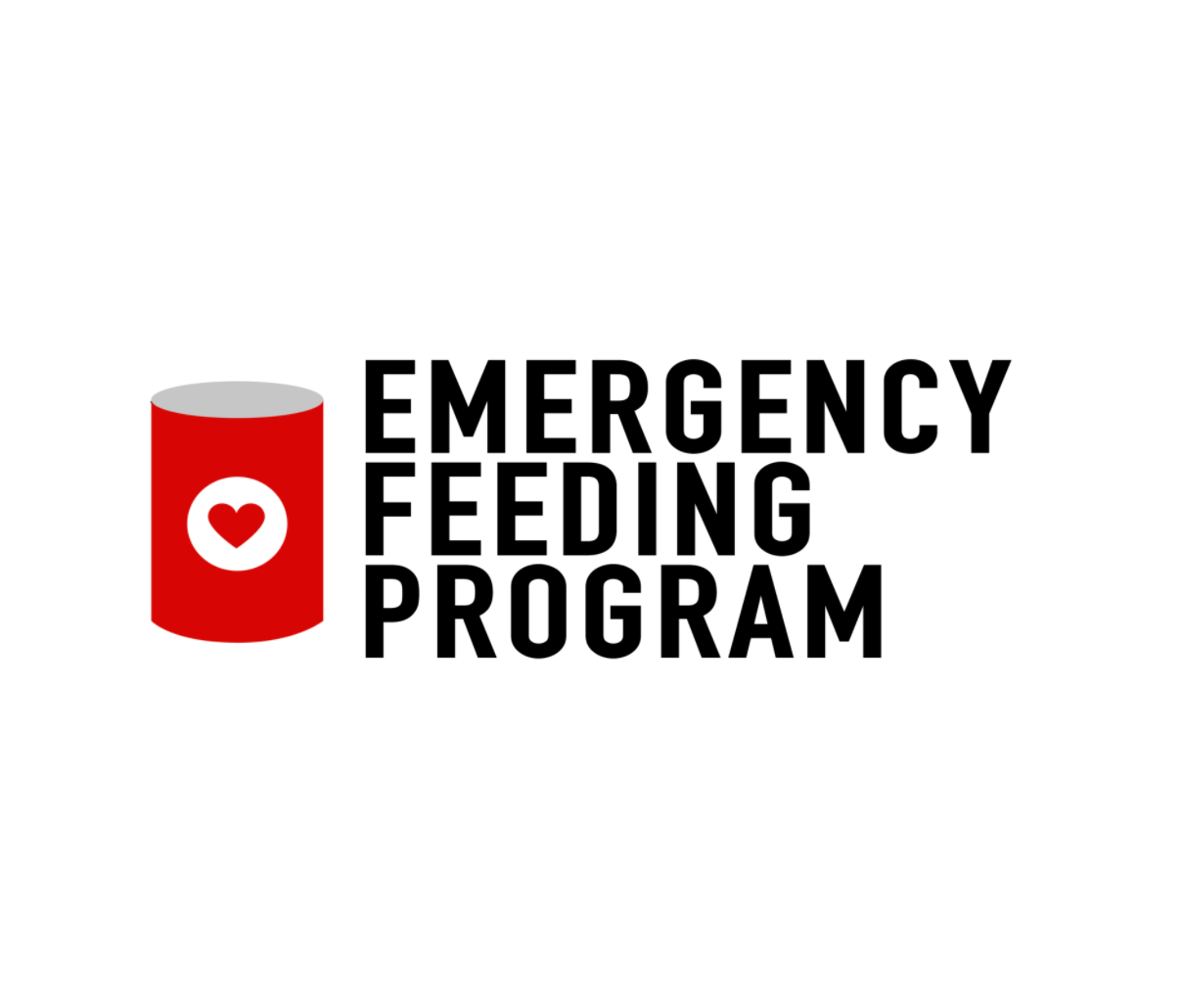
Tacoma Rescue Mission
The Tacoma Rescue Mission (TRM) is proud to have served Tacoma and Pierce County since 1912. Tacoma Rescue Mission's purpose is to help all people; including clients, volunteers, donors and staff, to become their best. They provide emergency services such as shelter and food to the homeless or hurting; offer self-sufficiency programs to help lift a person from poverty and break the chains of addiction. TRM has over 9 different facilities/programs to help residents of Pierce County through difficult trials and tribulations our community is facing. Materials provided by Ridwell members will help support these facilities and programs to ensure residents of our community are shown the dignity and compassion any one of them deserve.
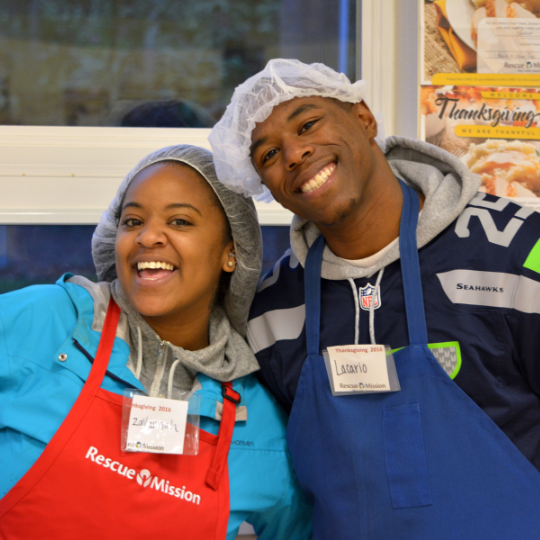
Intown Cares
Intown Cares is the nonprofit that goes the extra mile to help Intown Atlantans meet their most essential human needs – food and housing. The organization specializes in serving neighbors who have the hardest time getting housing transition to their own homes and providing easy access to food for any who need it. Materials provided by Ridwell Members will help Intown Cares in its efforts to support individuals experiencing homelessness and hunger.
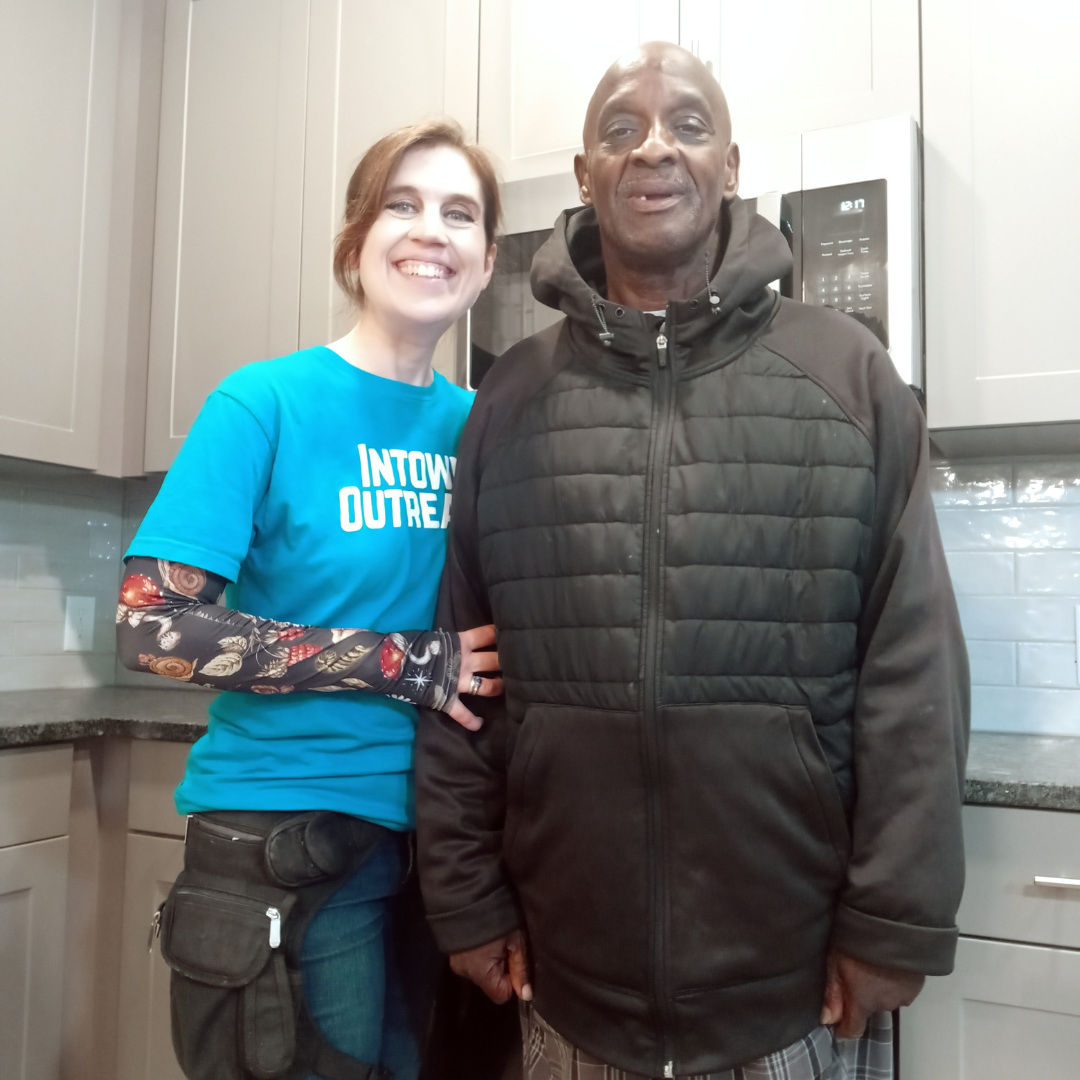
White Center Food Bank
The White Center Food Bank (WCFB) is a woman-of-color-led organization that distributed 1,446,726 pounds of food to 107,178 individuals and 37,522 households in 2023. Customers of WCFB represent a diverse community of individuals and families from underserved communities (i.e., BIPOC communities, seniors, people with disabilities, and multilingual) who live in unincorporated King County. WCFB ensures close relationships within our community by employing several long-term, multilingual intake staff who have long-standing, trusted relationships with communities. These relationships create a family-like atmosphere, where we are not simply helping people access food but providing a safe, friendly environment where people feel at home. Items donated by Ridwell members will help support WCFB’s many programs, which currently include food distribution, pop-up pantries, a baby pantry, home grocery deliveries, and a cultural foods buying program.
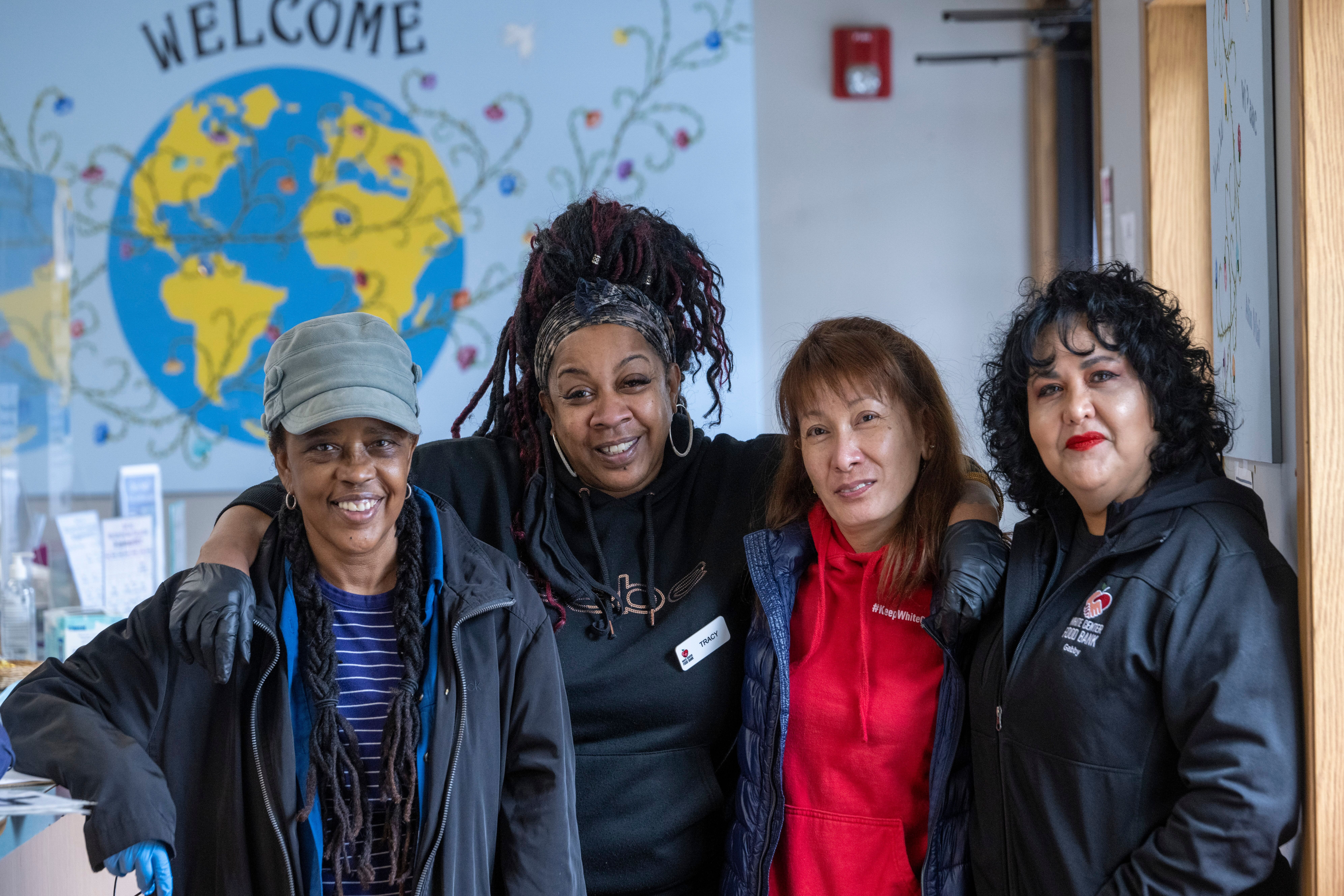
Whatcom Community College
Whatcom Community College strives to create a community where no student needs to worry about having their basic needs met. Our goal is to connect members of the Whatcom community with food, housing, and other basic needs resources so that everyone has an equal opportunity to learn and thrive. The Orca Food Pantry supplies students with food and hygiene products. No student is turned away from this on-campus service. Whatcom Community College’s clothing closet provides casual and professional clothing to students in need at no cost, allowing students to feel and look their best.
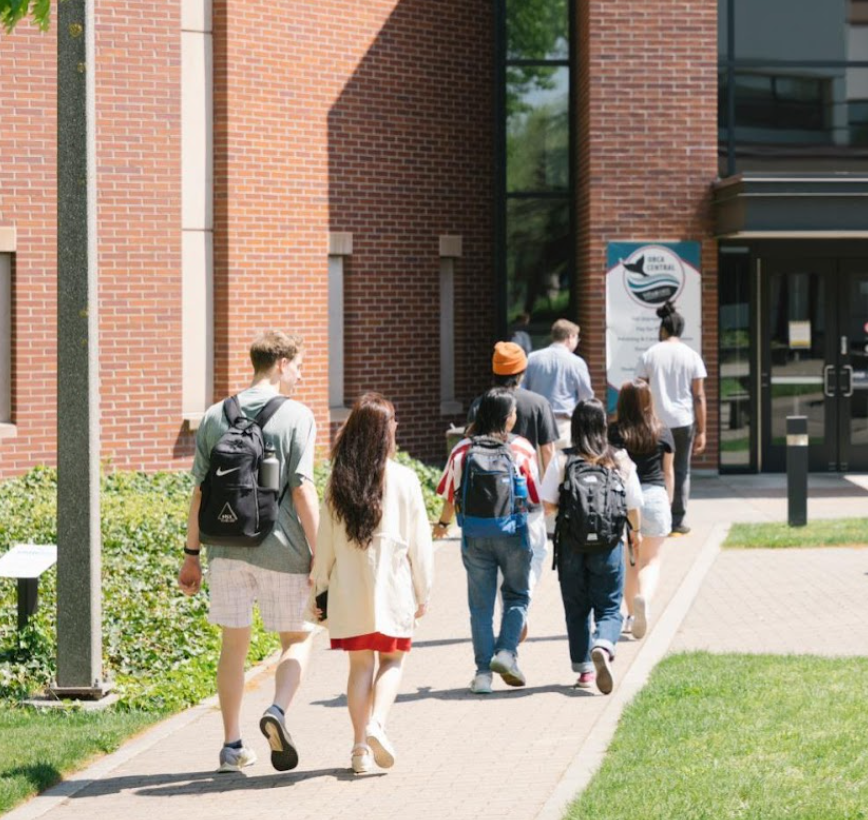
Bonney Lake Food Bank
The Bonney Lake Food Bank has reimagined how a food bank looks and functions believing in the power of community and that food is a right, not a charity. They aim to eliminate the stigma surrounding food insecurity and believe that no child in their community should experience shame due to hunger. Located on a farm in the epicenter of scarcity in the area, they are deeply committed to their role in creating better systems that serve all people, starting with those in Pierce County.
With innovation and a dignity forward approach, Bonney Lake Food Bank is actively changing the narrative of food insecurity. In addition, their organization has put over half of their operating budget back into the local economy through the direct purchase of locally grown foods from 1st generation farmers. Through youth leadership and backpack programs as well as partnerships with companies like Ridwell, they are moving the mark not just on the topic of hunger, but also designing new narratives in addressing the food disparities seen in all communities.
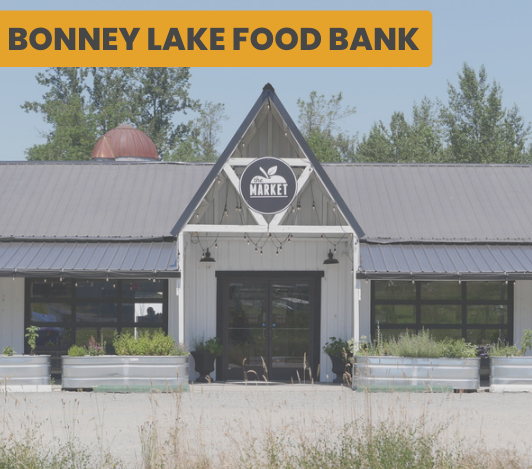
Tukwila Pantry
Tukwila Pantry is a non-profit food bank established to serve the residents of the cities of Tukwila, SeaTac, and Burien in a humane and dignified way with food and other referral needs. The Tukwila Pantry is committed to providing food for those in need and educating the community on issues surrounding hunger.
Tukwila Pantry has proudly served the community for over 20 years, adapting to each challenge and better providing for those families that have been overwhelmed by extremely difficult circumstances. They know just how big an impact every donation, whether time or money in any amount, helps the people they serve.
With rent, healthcare, and cost of living outpacing household budgets, the Tukwila Pantry has taken this challenge head-on and adapted their methods and infrastructure to meet the need for food security in our communities, serving more than 500 families each day.
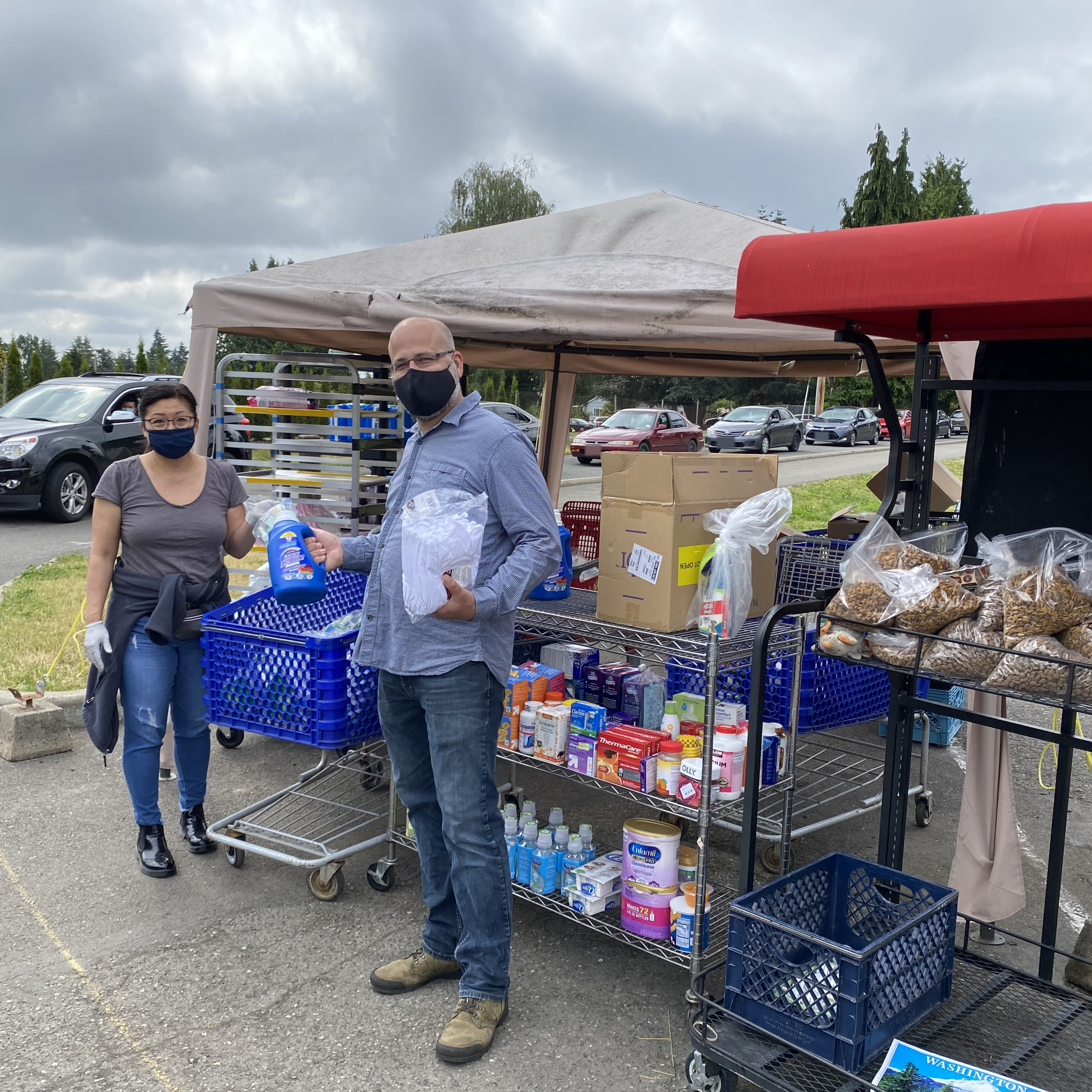
The Food Bank of Contra Costa and Solano
The Food Bank of Contra Costa and Solano distribute food into the community by operating their own free food programs each week within Contra Costa and Solano counties and by partnering with 260 local nonprofit agencies to support their hunger-fighting efforts. An astounding 1 in 6 residents turn to the Food Bank of Contra Costa and Solano for emergency and supplemental food. Many of our neighbors are unable to make ends meet and the Food Bank helps them cover one of life’s basic needs—nutritious food.
The Food Bank of Contra Costa and Solano strives to serve all people experiencing hunger or food insecurity in Solano and Contra Costa counties and commit to never turn anyone away. Through their partnership with Feeding America, a nonprofit network of 200 food banks and the nation’s largest domestic hunger-relief organization, they also lend support to hunger-fighting organizations in 18 Northern California counties.
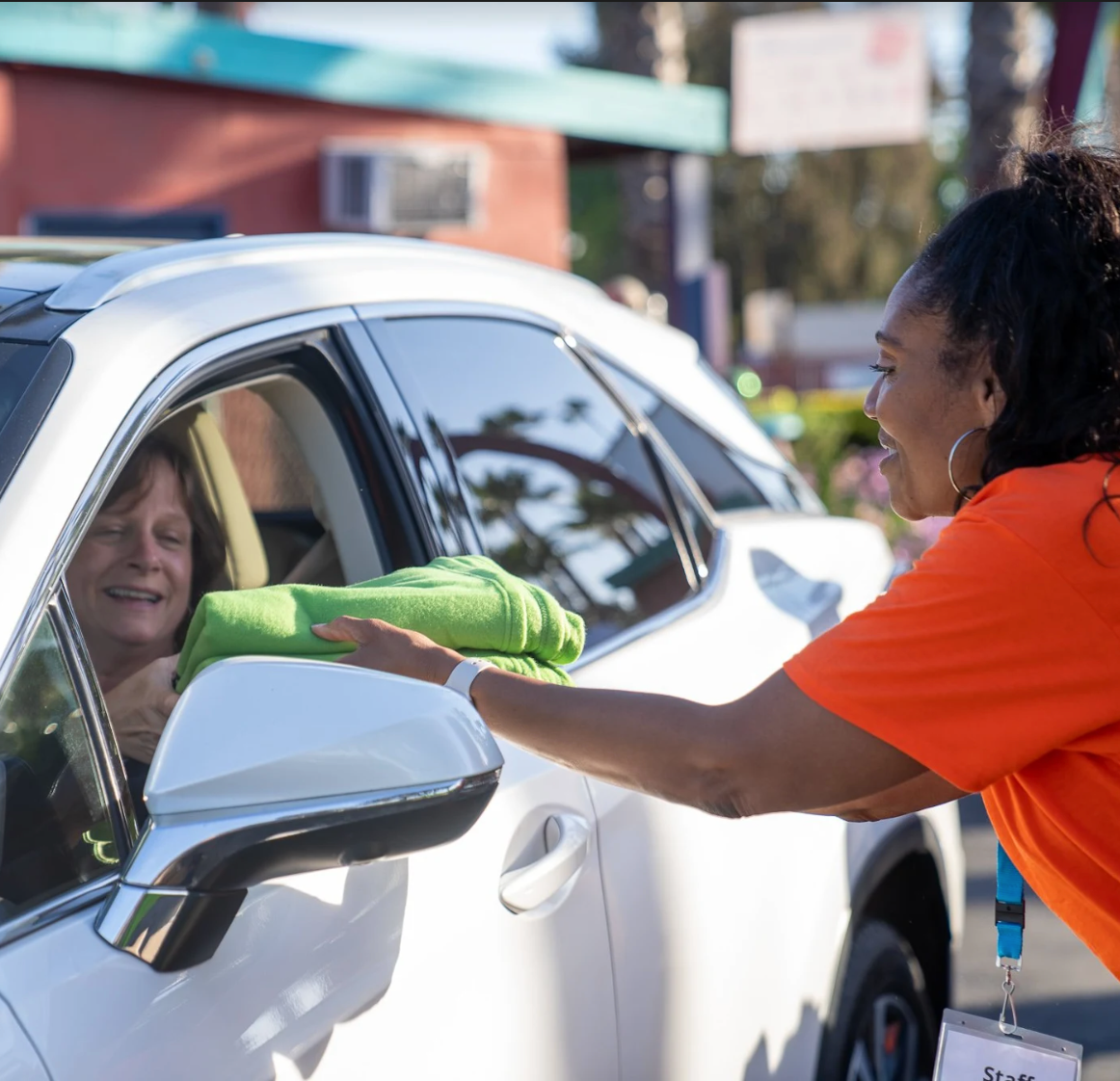
Second Helpings Atlanta
Second Helpings Atlanta is a nonprofit food rescue organization whose mission is to reduce hunger and food waste in the Metro Atlanta area by rescuing healthy, nutritious surplus food and distributing it to those in need.
With a community of over 300 volunteers, SHA serves as the link between their network of food donors and partner agencies who feed the hungry on a daily basis. The food SHA rescues every day gets diverted from landfills and is used to feed those in need, making Atlanta a more environmentally responsible metropolitan area.
Non-perishable food provided by Ridwell is another step in reducing food waste and will support SHA's various programs, including their Full Plate Project, which provided over 500,000 nourishing meals for their partner agencies in 2022 alone.
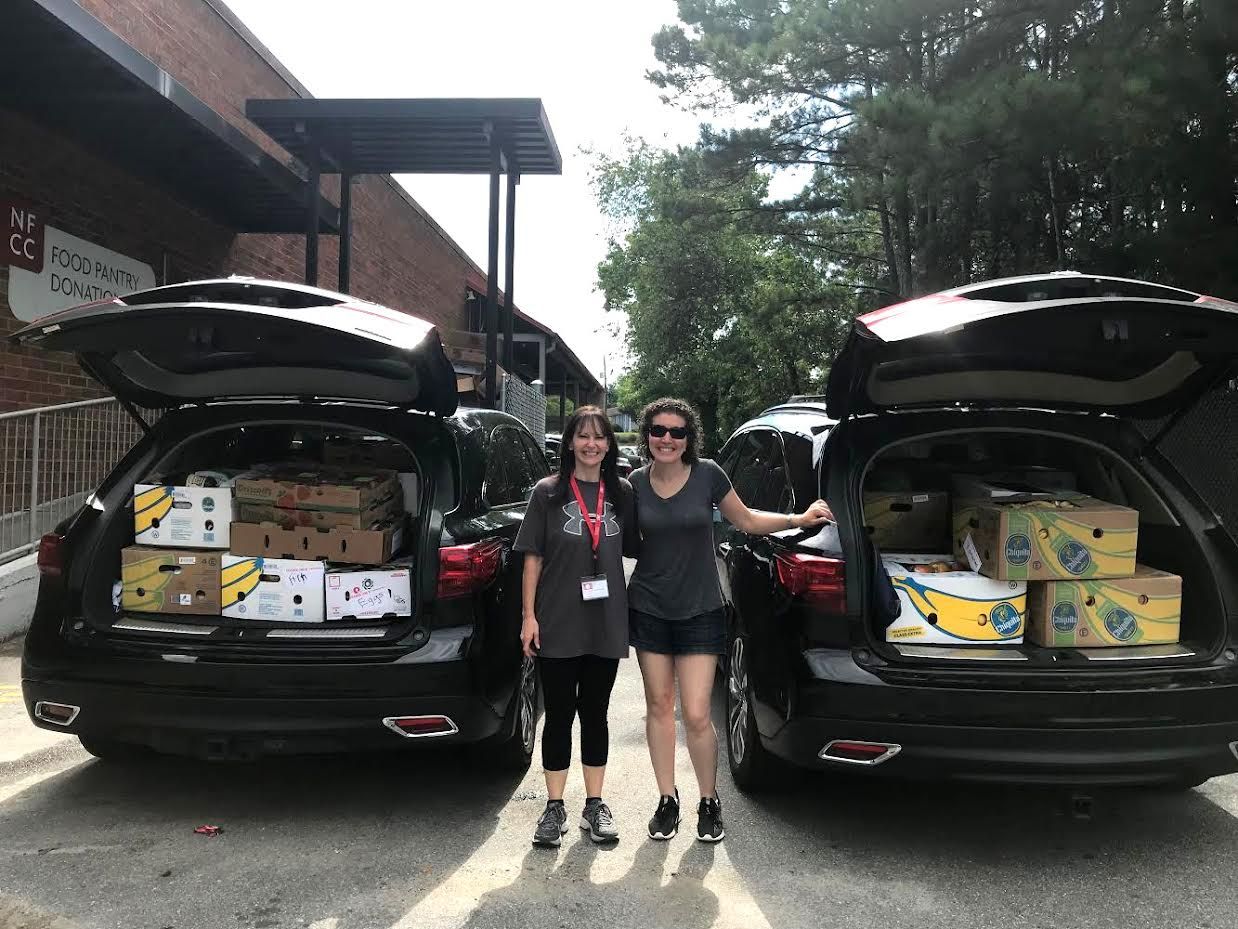
PRISM
PRISM is a strong, sustainable organization supporting the northwest Twin Cities suburbs’ basic needs. PRISM provides services to over 100 households a day. Every year, they distribute over 1 million pounds of food, assist families in maintaining stable housing, supply families with everyday necessities and spread joy to kids through birthday celebrations, school supplies and more. Donations provided by Ridwell Members will be used in their many programs that help our community in whatever stage of life they may be!
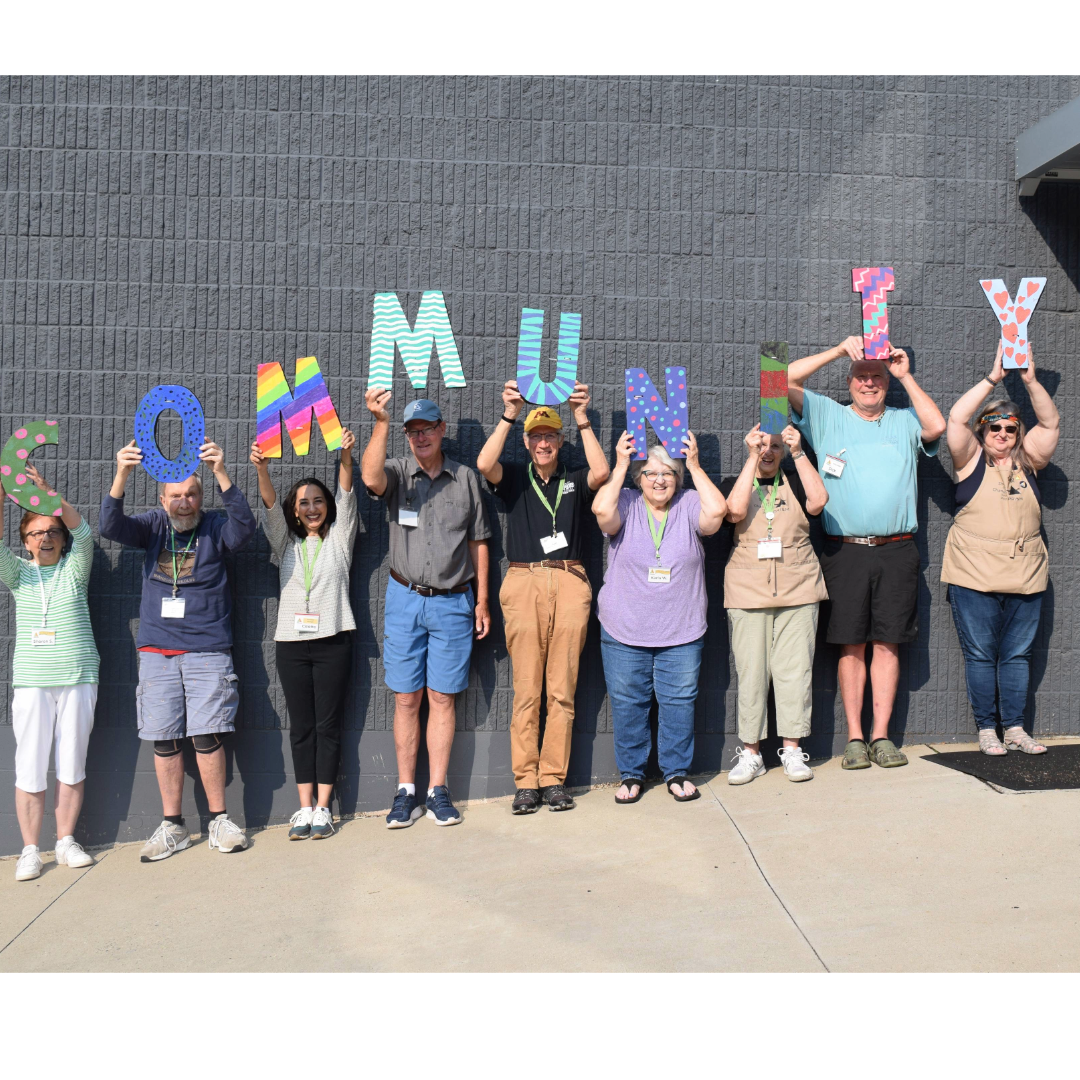
St. Vincent de Paul
Compelled to action by the convictions of their founders, St. Vincent de Paul of Seattle and King County joins the community to listen, engage, and build relationships that assist and advocate for individuals and families to meet basic needs and achieve stability and self-sufficiency.
SVDP has been doing work in Seattle and King County for over 100 years and around the world for 185 years. They have learned that nothing in our world remains static. Change is inevitable. It is incumbent upon us to adapt, evolve and be capable of managing ever-changing environments. At SVDP, they call this mission renewal.
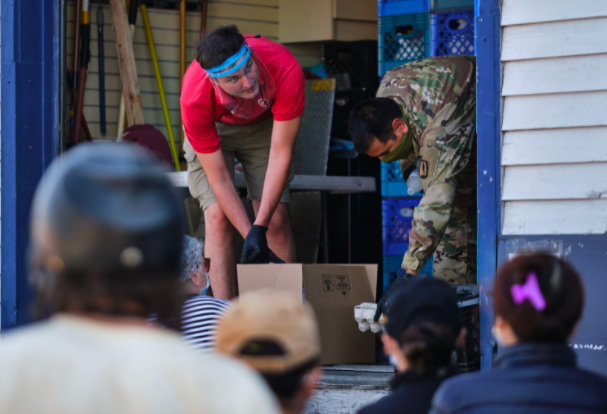
Community Food Share
Community Food Share is a food bank fighting hunger in Boulder and Broomfield Counties by providing access to fresh, nutritious food through its local partners and onsite and mobile pantries.
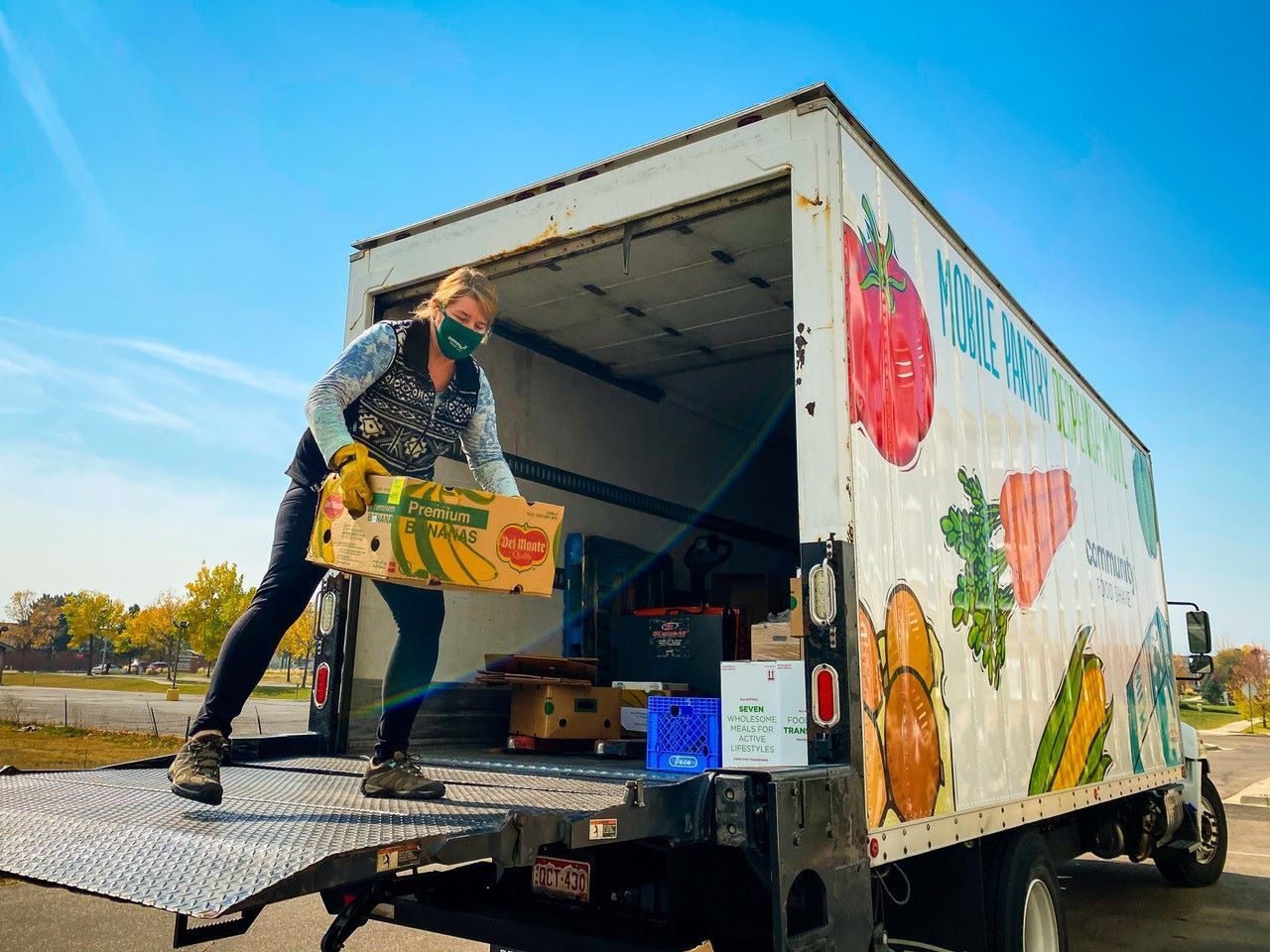
Alameda County Community Food Bank
Alameda County Community Food Bank — Feeding America’s 2016-2017 Food Bank of the Year – has been at the forefront of hunger relief efforts in the Bay Area since 1985. The Food Bank serves 1 in 4 Alameda County residents by distributing food through a network of 420+ food pantries, soup kitchens, and other community organizations, as well as direct-distribution programs including Children’s Backpack and Mobile Pantry. More than half of the food distributed is farm-fresh produce. For 15 consecutive years, Alameda County Community Food Bank has received Charity Navigator’s top rating — Four Stars — ranking the organization among the top 1 percent of charities nationwide.
Photo courtesy of Alameda County Community Food Bank
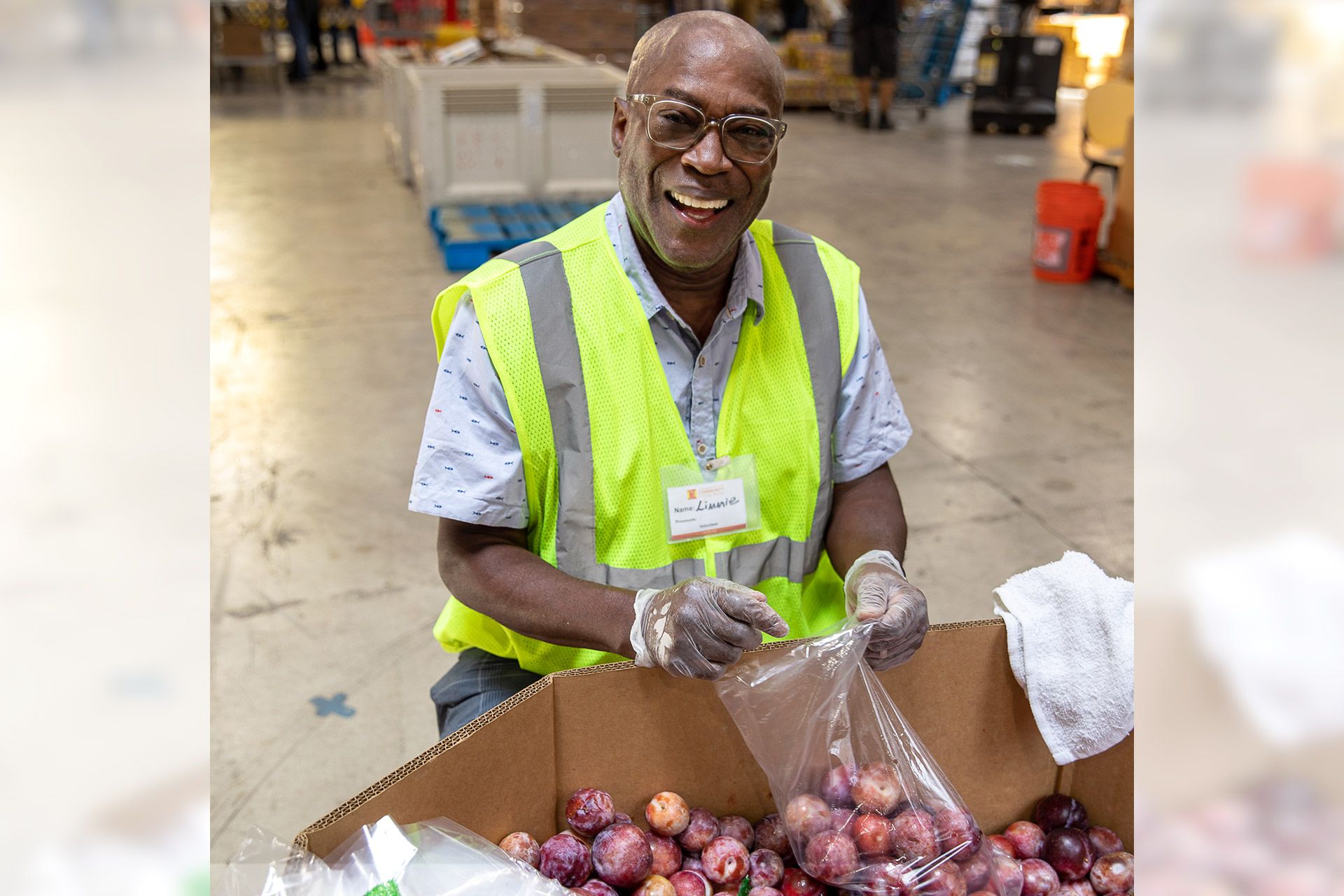
Hopelink
Since 1971, Hopelink has served homeless and low-income families, children, seniors and people with disabilities in King and Snohomish counties; providing stability and helping people gain the skills and knowledge they need to exit poverty for good. Hopelink has service centers in Redmond, Bellevue, Kirkland, Shoreline and Sno-Valley (Carnation) where they provide a network of critical social services through a number of different programs – including housing, transportation, family development, financial assistance, employment programs, adult education, financial literacy training, five brick and mortar food banks and one mobile food bank. The agency’s service centers, housing and transportation programs help more than 63,000 people every year.
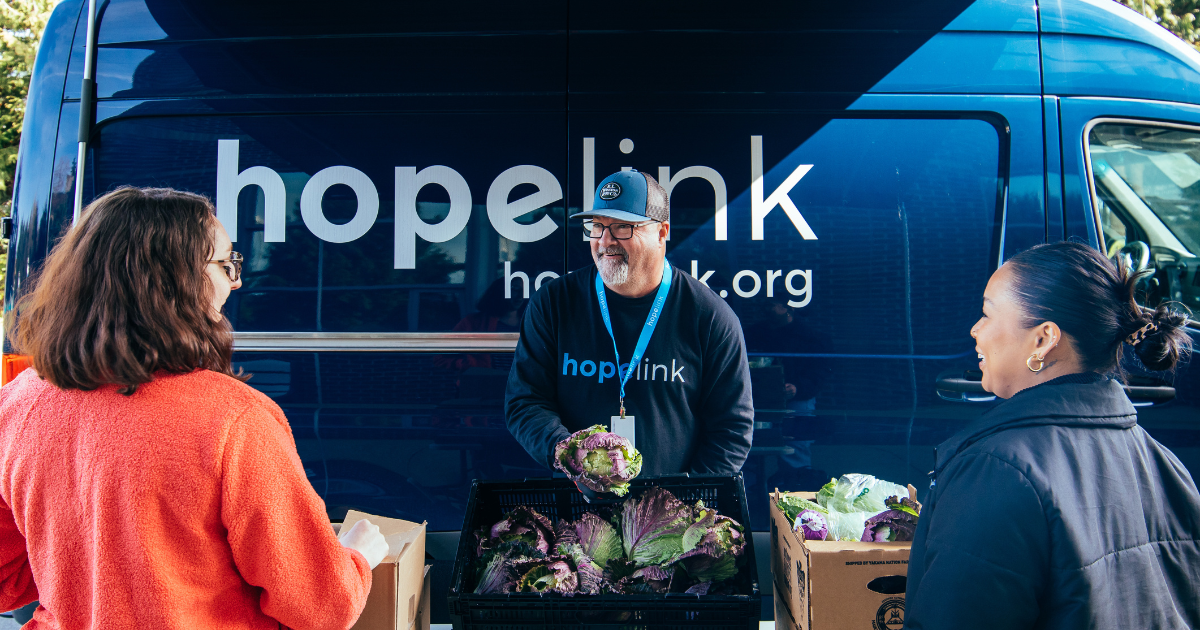
Loaves & Fishes
Loaves & Fishes is a nonprofit organization serving free, healthy meals to Minnesotans where the need is greatest. As the largest hot meal provider in Minnesota, they serve urban, suburban, and rural communities through a variety of meal programs supported by creative food sourcing and food rescue efforts. Their meal program began in 1982, with one dining site each in Minneapolis and St. Paul. They now serve 133 outlets in 12 counties.
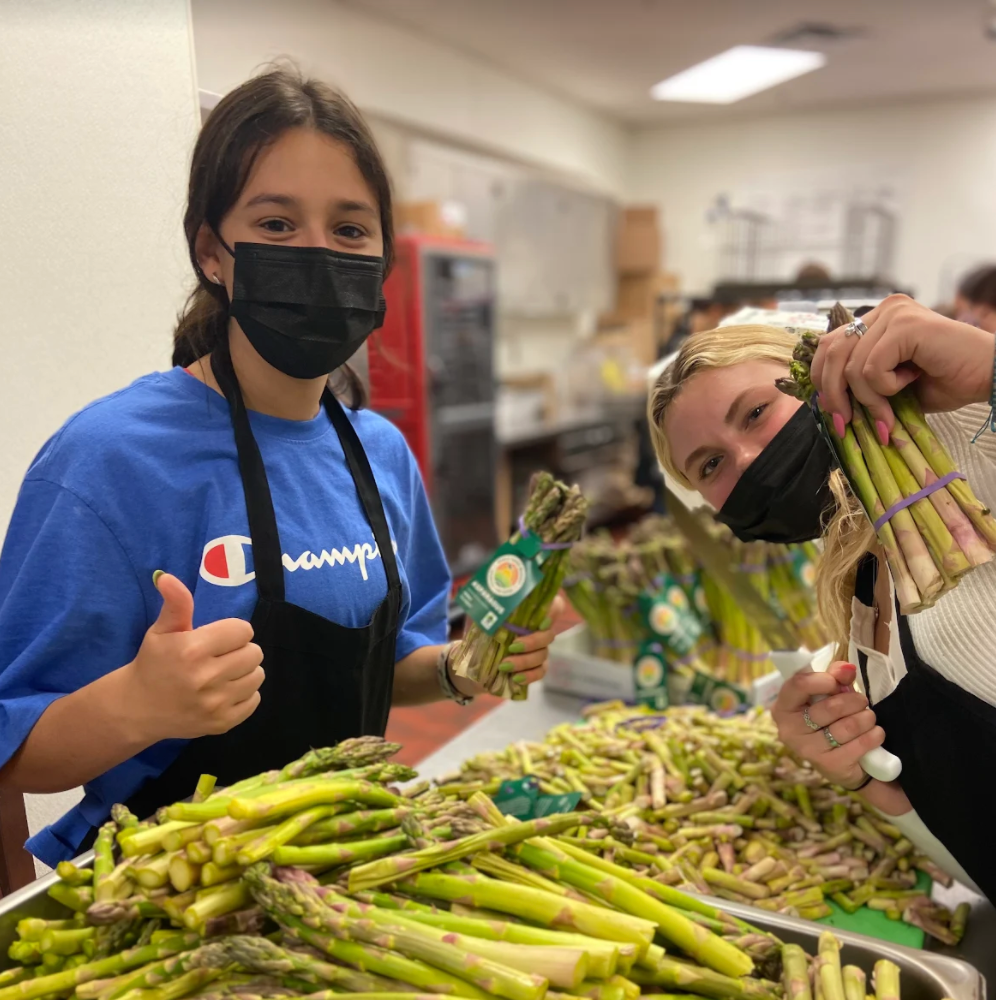
Central Texas Food Bank
The Central Texas Food Bank is the largest hunger-relief charity in Central Texas. They have been a leader in the fight against hunger for more than 40 years and their mission is to nourish hungry people and lead the community in the fight against hunger. Roughly 300 Partner Agencies have joined with the Central Texas Food Bank to serve families in 21 Central Texas counties at soup kitchens, food pantries, after-school programs, snack programs and other service sites. Non-perishable food collected by Ridwell will help these many programs and their communities.
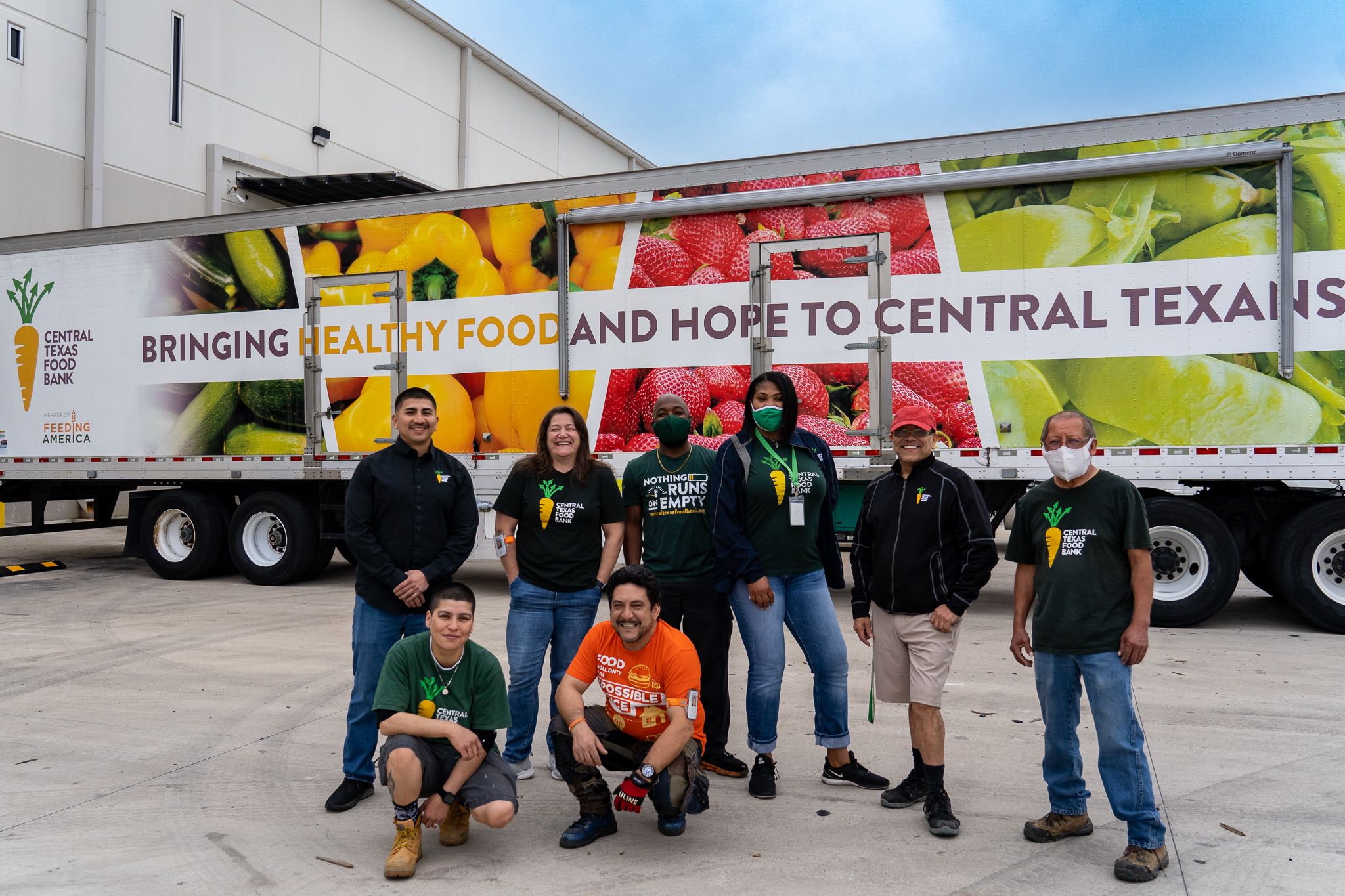
The LoVVe Project
The LoVVe Project is a volunteer-run community-based organization. They provide nutritious fresh meat, dairy products, and produce, as well as hygiene and cleaning products, to families in need from Ellis Elementary School in Denver, CO.
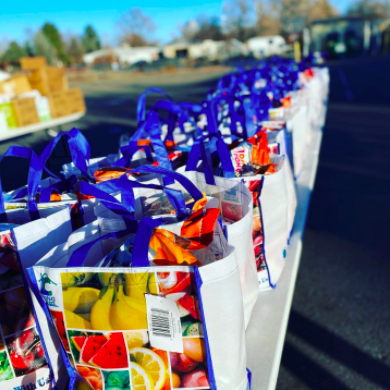
Ballard Food Bank
The Ballard Food Bank serves 1,200 people a week in northwest Seattle across seven zip codes including the neighborhoods of Magnolia, Queen Anne, Ballard, and parts of South Lake Union, Fremont, Phinney Ridge, Greenwood, Greenlake, and Licton Springs.
The Food Bank’s mission is to bring food and hope to our neighbors. To achieve their mission, they provide access to nutritious foods and services that support self-sufficiency through the food bank, home delivery, and weekend food for kids program, as well as our emergency financial assistance program.
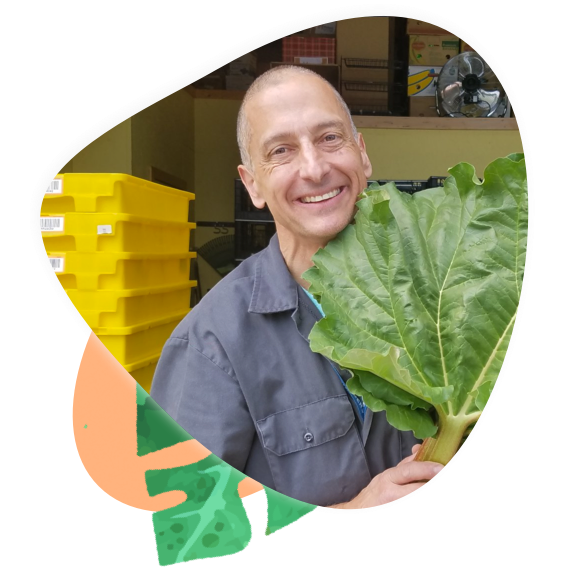
Birch Community Services
Birch Community Services helps out Oregonians who are living paycheck to paycheck. They work to provide a community where people can be responsible and accountable for meeting their basic needs, and to equip them with tools to overcome financial difficulty. BCS serves 600 families each week with food and financial education. After a year at Birch, an average family pays off $7,000 of debt and increases their savings by $1,000. Additionally, BCS distributes food to 70 other nonprofit organizations across the Portland Metro area, reaching more than 15,000 people each week.
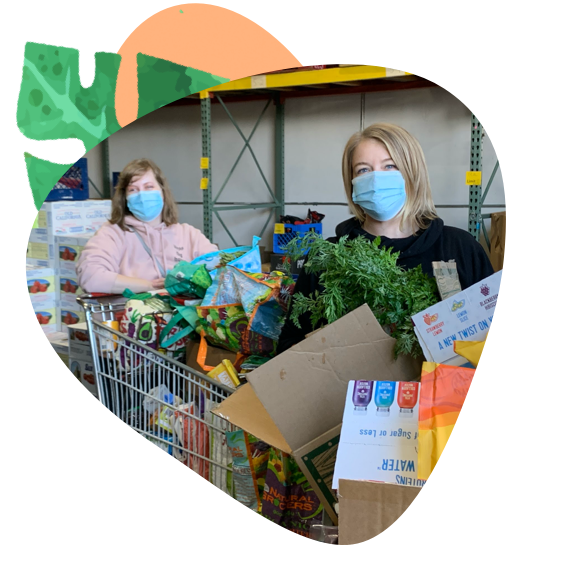
Byrd Barr Place
Based in Seattle’s Central District, Byrd Barr Place strives to nurture a more equitable Seattle through programs and advocacy that enables people to live healthier, prosperous lives. For 50 years, they have provided essential human services to Seattle residents who are struggling to make ends meet. This includes providing assistance to those in need of food. Last year, Byrd Barr Place provided more than 52,000 bags of food to Seattle residents! With the help of people like you we can make a big difference in eliminating waste and feeding those in need to create a better world!
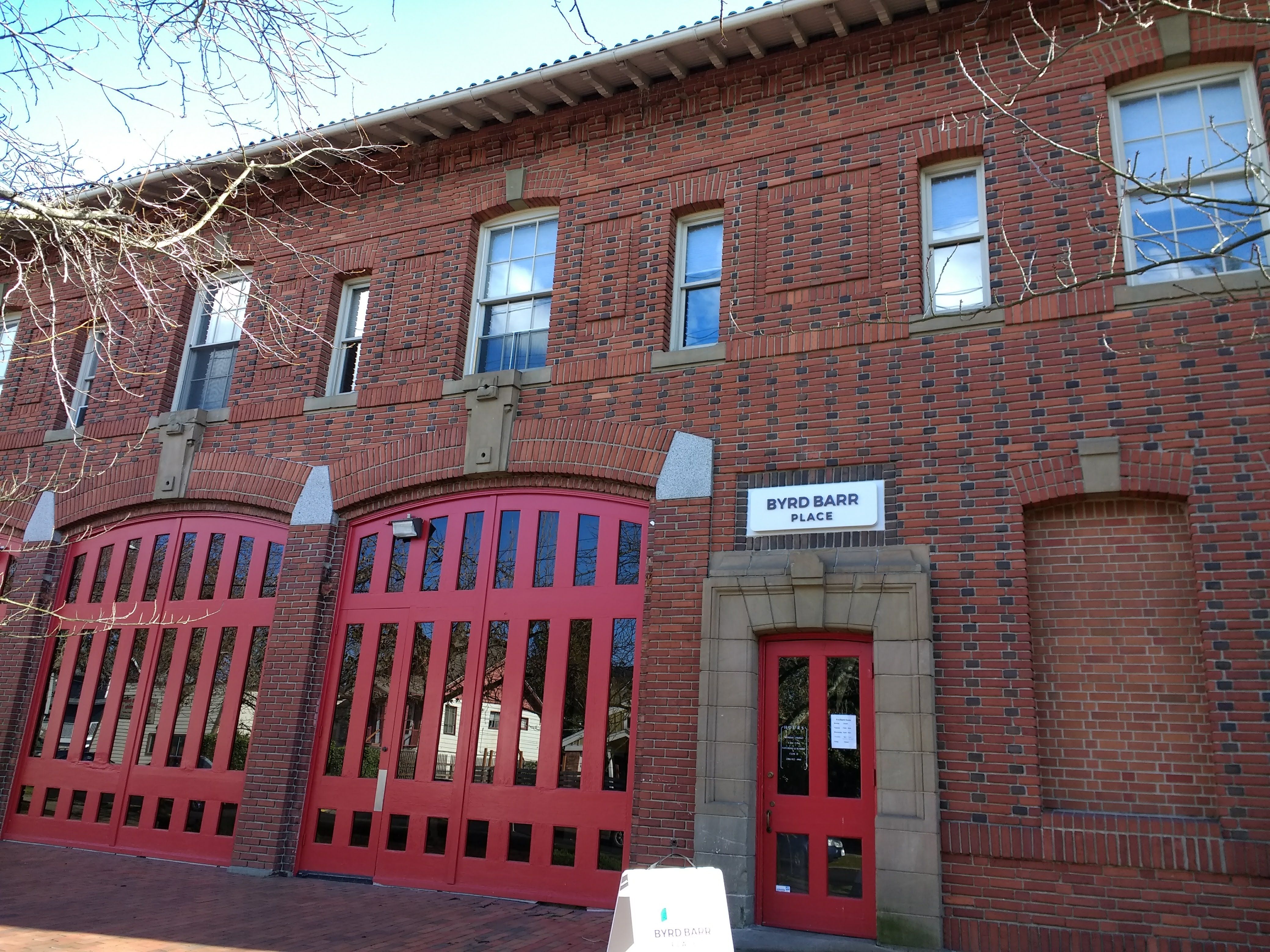
Mercer Island Youth and Family Services Food Pantry
The Mercer Island Youth and Family Services Foundation was founded in 1989 and runs the Food Pantry on the Island. The Mercer Island Food Pantry is used by hundreds of low-income Mercer Island families throughout the year. With the help of people like you we can make a big difference in eliminating waste and feeding those in need to create a better world!
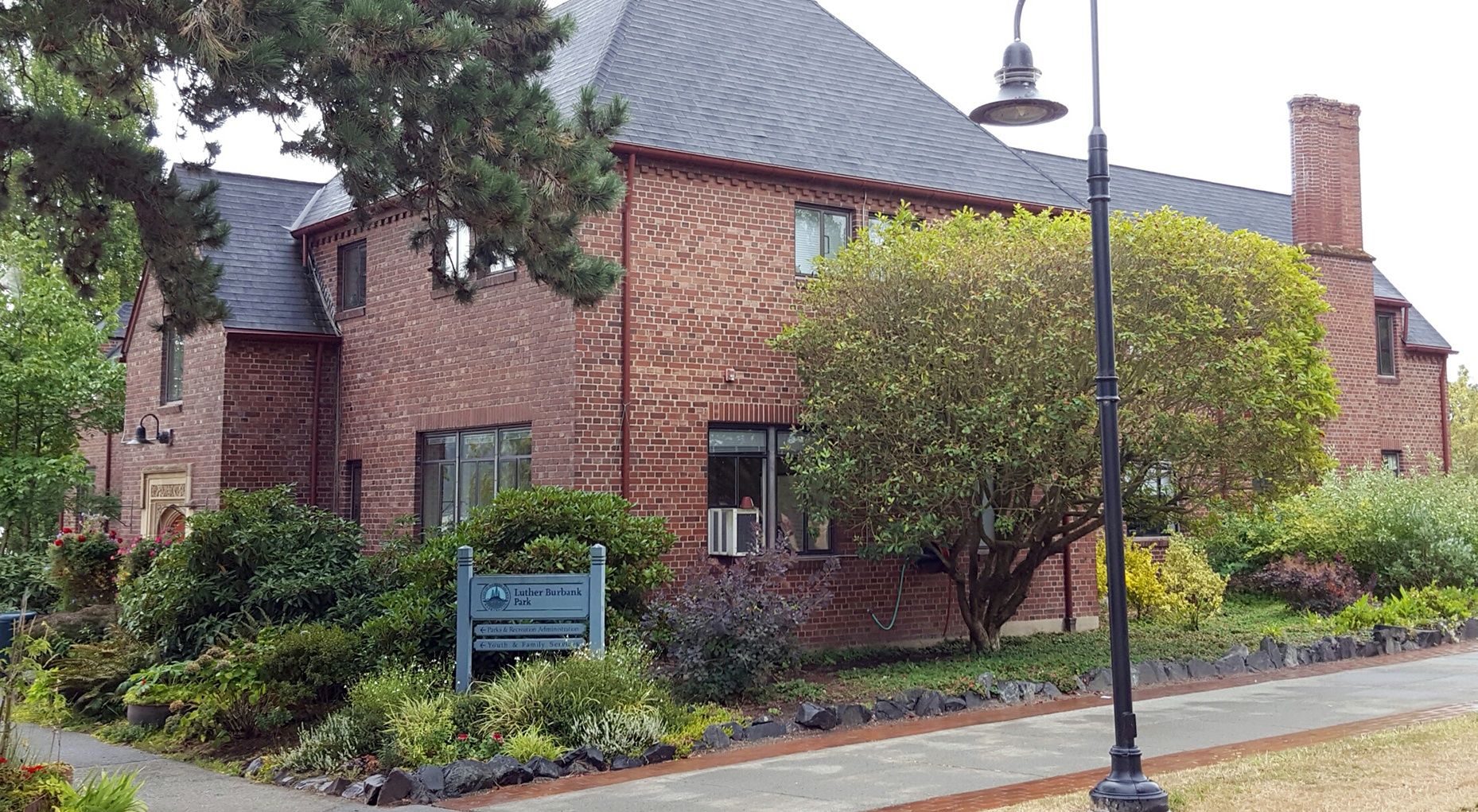
Northwest Harvest
Northwest Harvest is a food justice organization in Washington state that builds partnerships in communities across Washington to get food where it’s needed most. They provide an average of two million meals a month through our statewide network of over 400 food banks, meal programs, school, and community-based organizations. Northwest Harvest provides nutritious, culturally relevant food to anyone in need, while respecting people’s dignity.
Northwest Harvest is committed to operating as an anti-racist, anti-oppressive organization and are unflinching in their work to transform an unjust food system into one that is more responsive and accountable to the communities most impacted by discrimination.
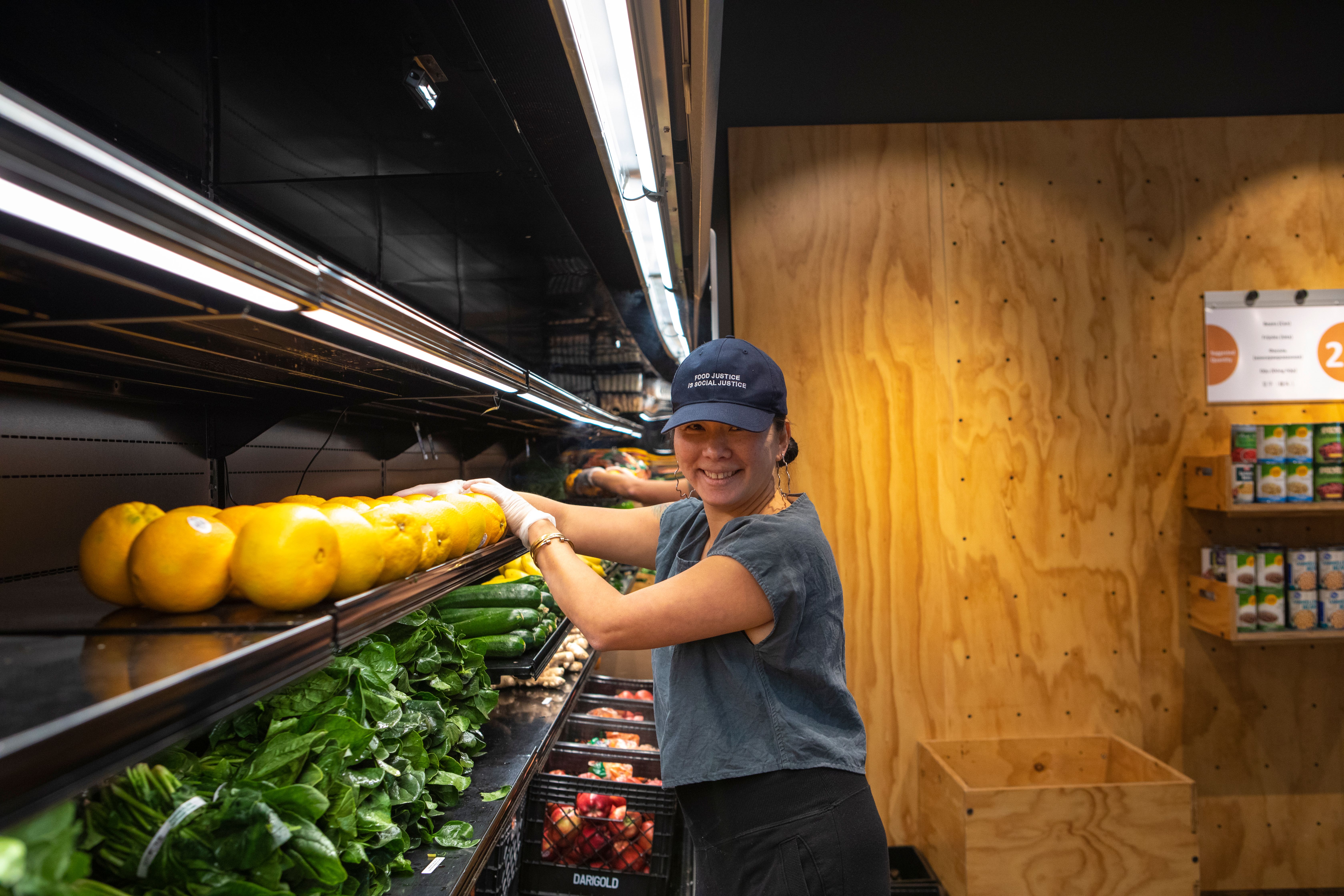
Pike Place Food Bank
The Pike Place Market Food Bank has been serving our community since 1979. Their mission is to make sure all residents of downtown Seattle have access to quality and nutritious food. Last year they distributed more than 950,000 pounds of food. And served 5,000 people in november alone. Your donations of non perishable food can go a long way to help them achieve their mission!
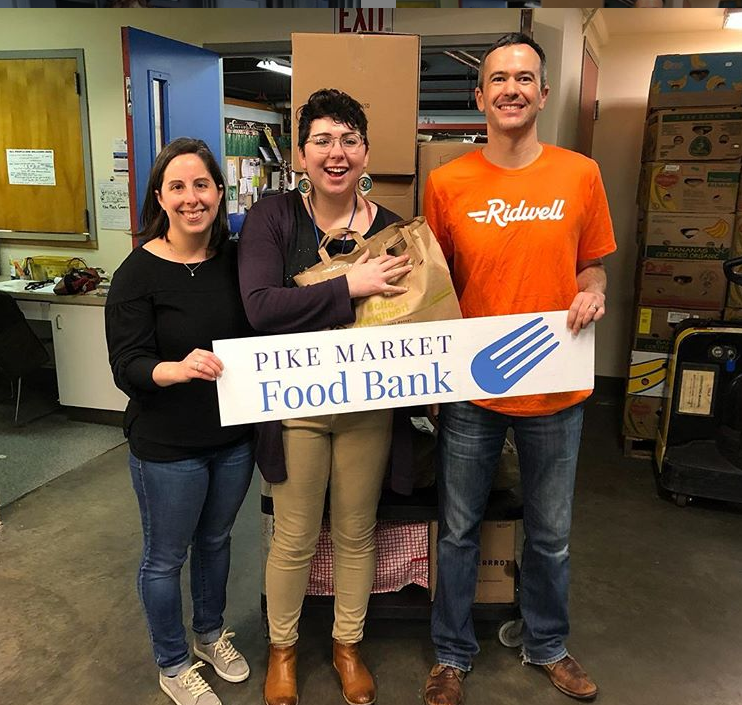
Rainier Valley Food Bank
Rainier Valley Food Bank stands as a trusted community resource, serving as Seattle’s busiest food bank. The Food Bank provides fresh, culturally-relevant produce to clients and brings at-risk students attending South Seattle schools and their families to the table over nourishing meals. They create a place to grow and access knowledge and stability, addressing the issues underlying food insecurity.
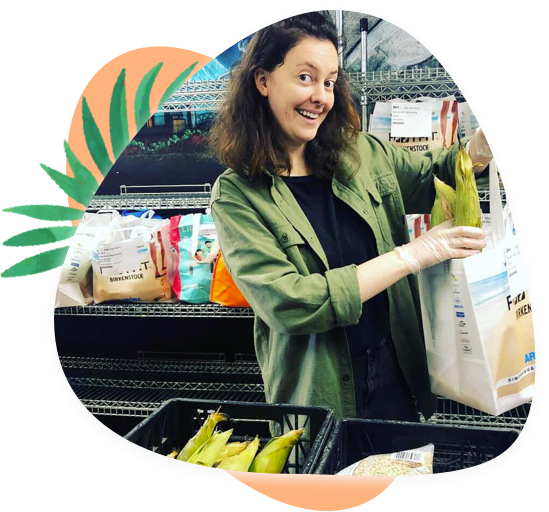
Seattle Helpline
The North Seattle Helpline believes that all people deserve adequate food, housing, and respect. They assist neighbors in obtaining basic needs that affirm their human dignity and worth. We can help them accomplish this by donating food to those in need. Together we can reduce waste and eliminate hunger in our community!
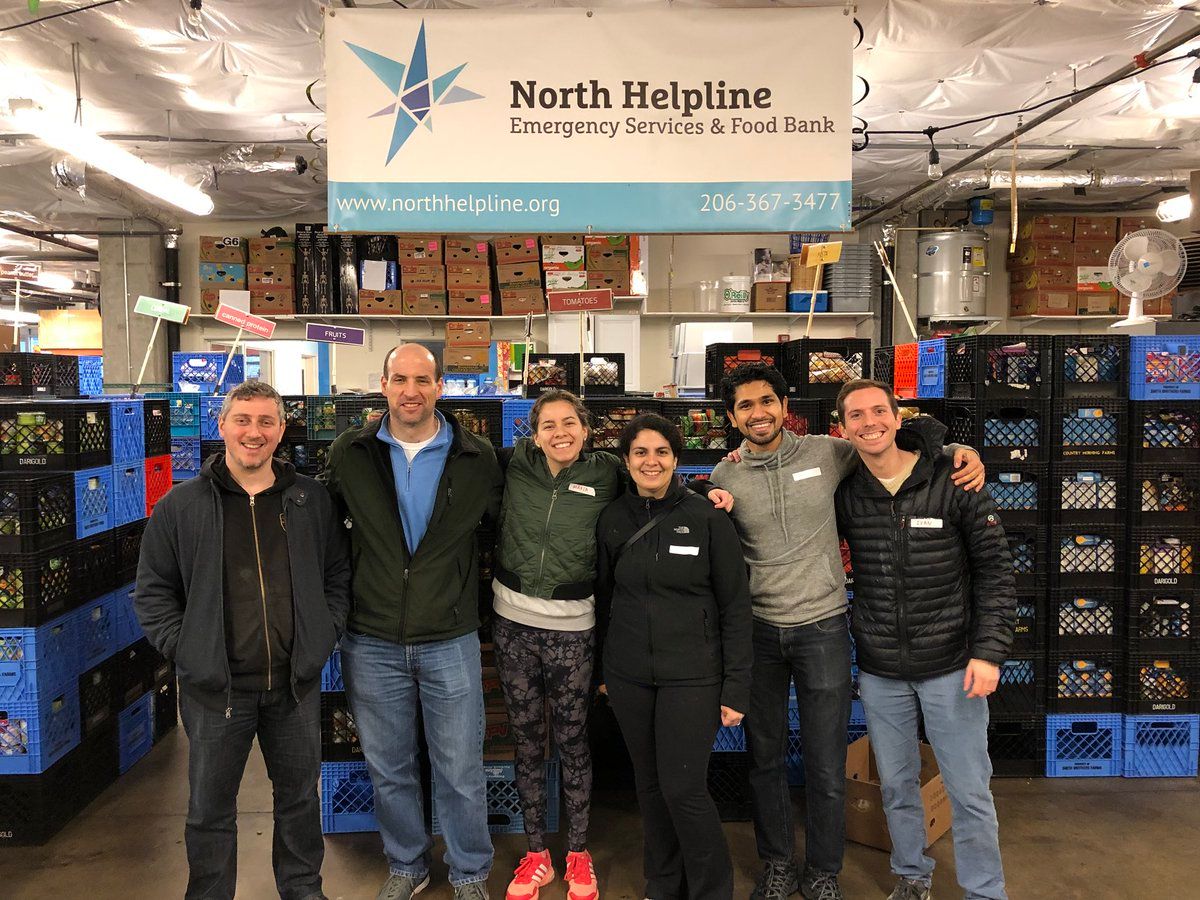
Wallingford Family Works Food Banks
The Wallingford FamilyWorks Food Bank is dedicated to providing fresh, healthy food to people and families in our community who are experiencing hunger or are in danger of experiencing hunger. Working with them we can help them achieve their mission by collecting food for those in need before it goes bad. With the help of people like you we can make a big difference in eliminating waste and feeding those in need to create a better world!
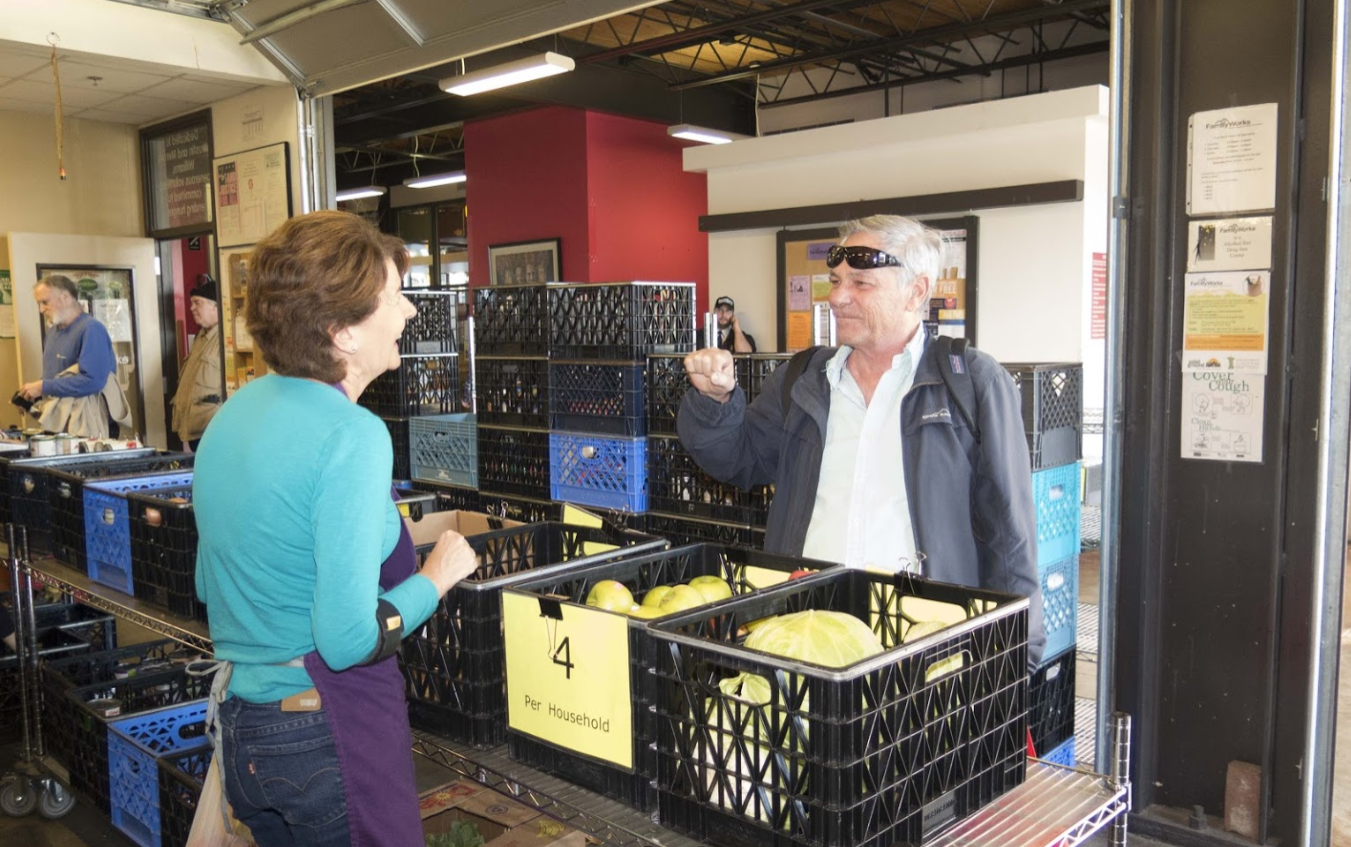
West Seattle Food Bank
The West Seattle Food Bank was started in 1983 by a group of concerned people who wanted to make sure their neighbors didn’t go hungry. Last year they distributed 1.8 million pounds of food. 80% of that food was donated by generous individuals like you! By eliminating soon to be wasted food items and helping those with hunger, we can make the world a better place together!
